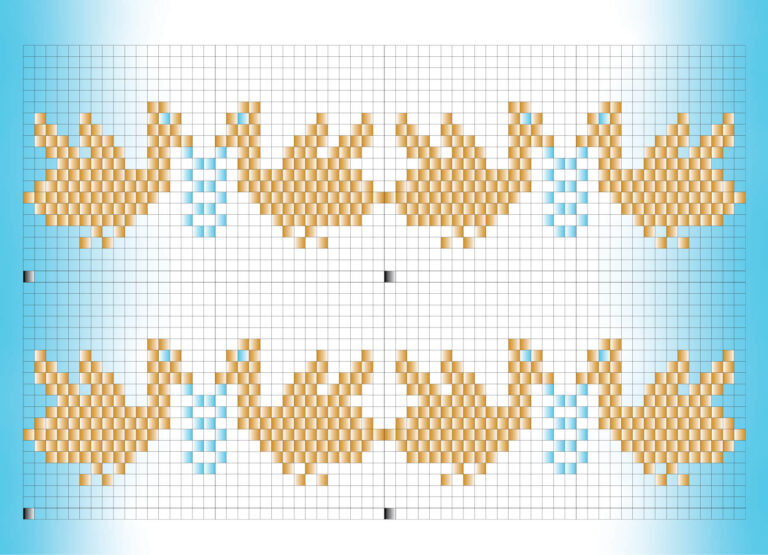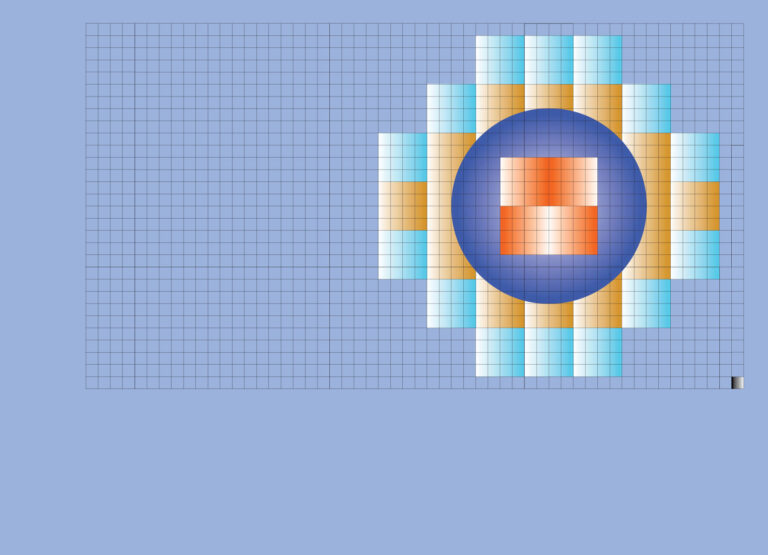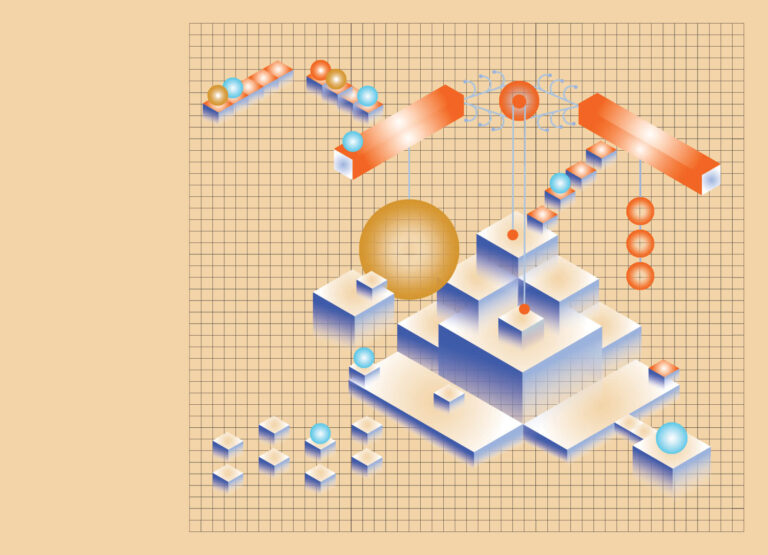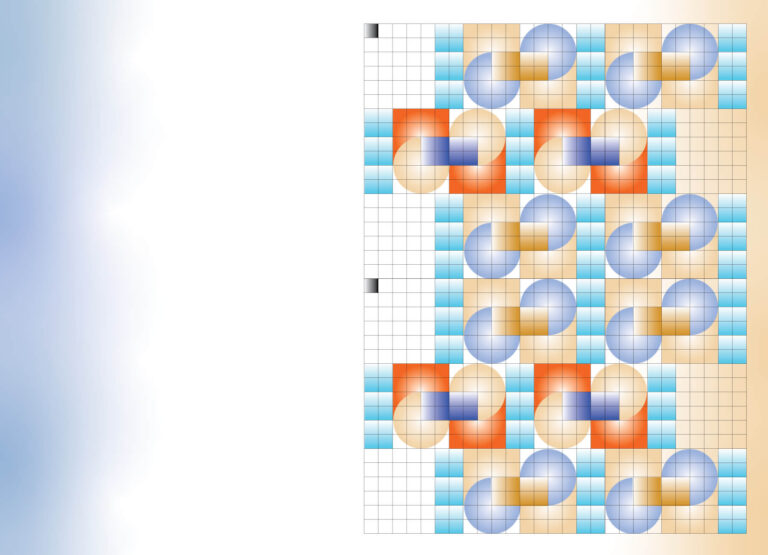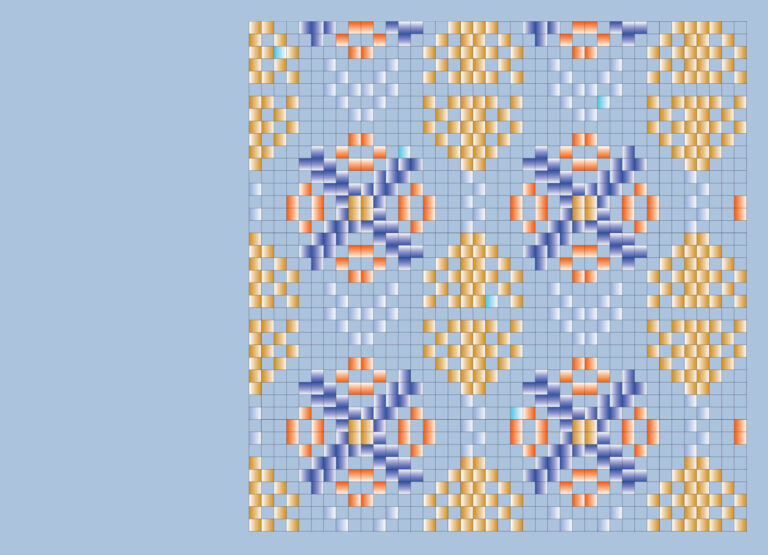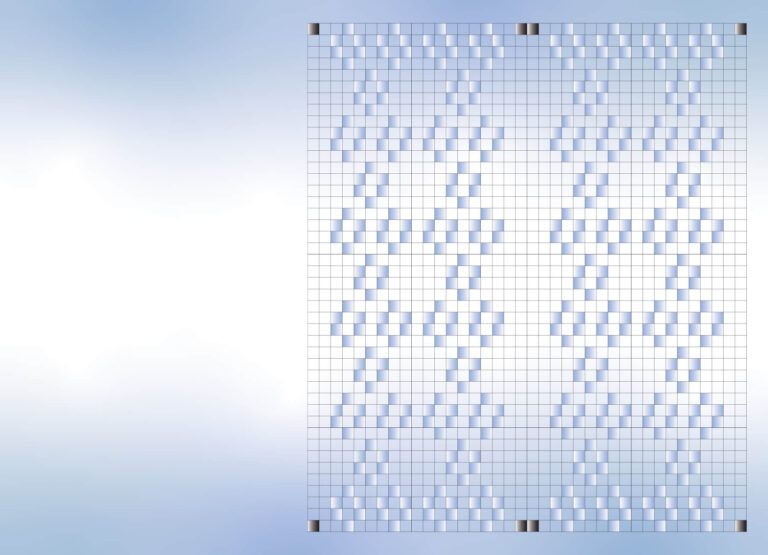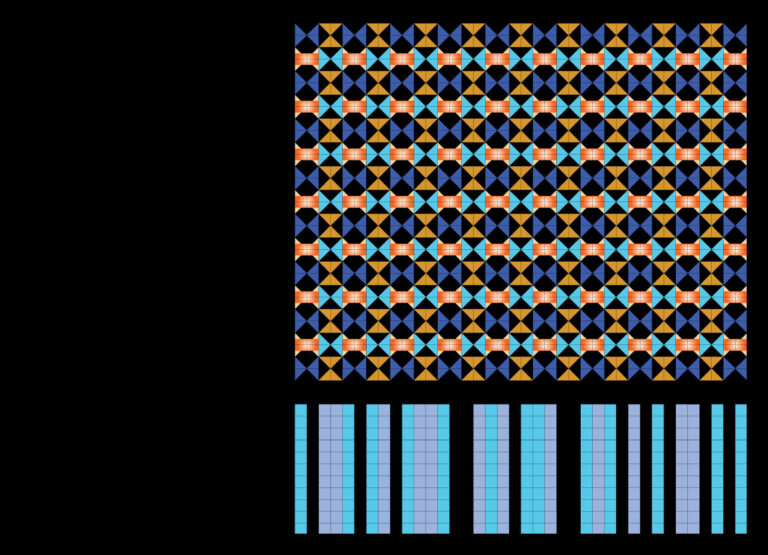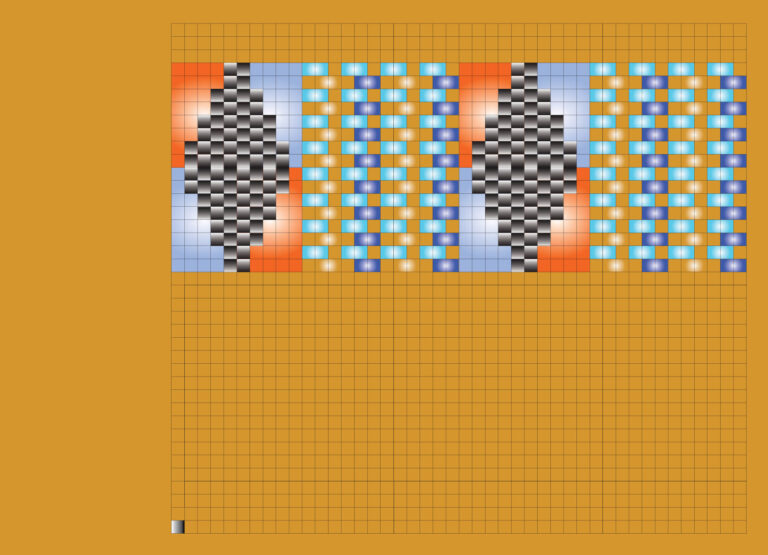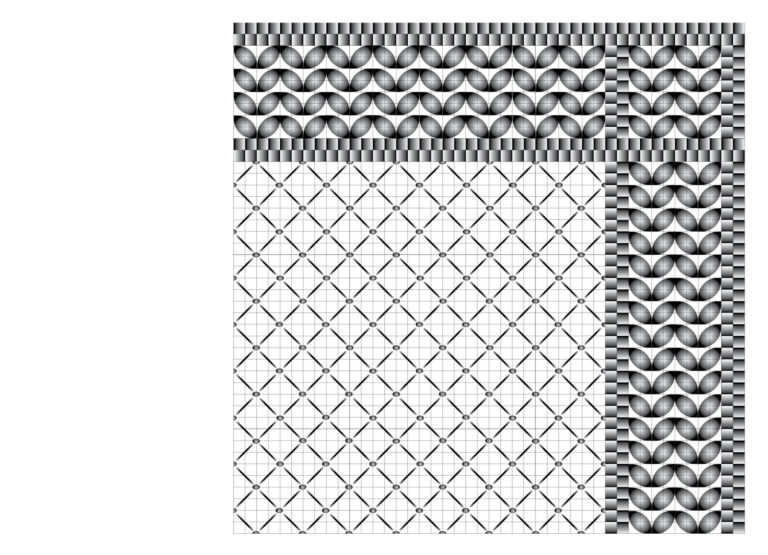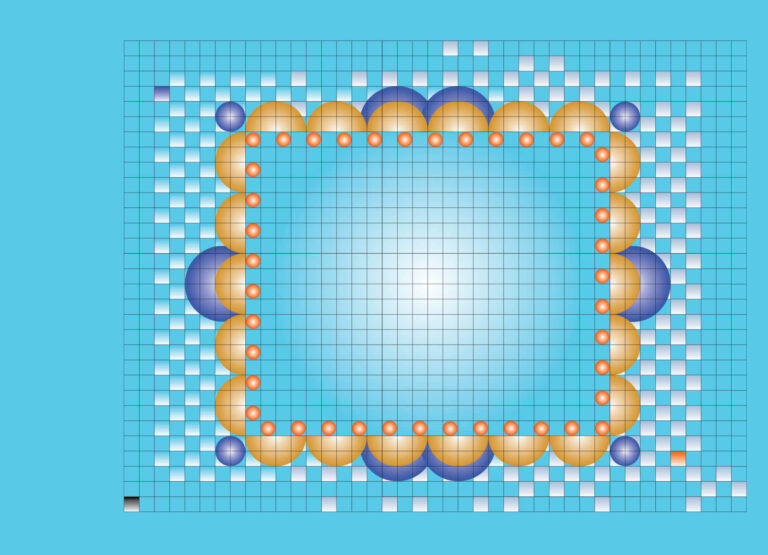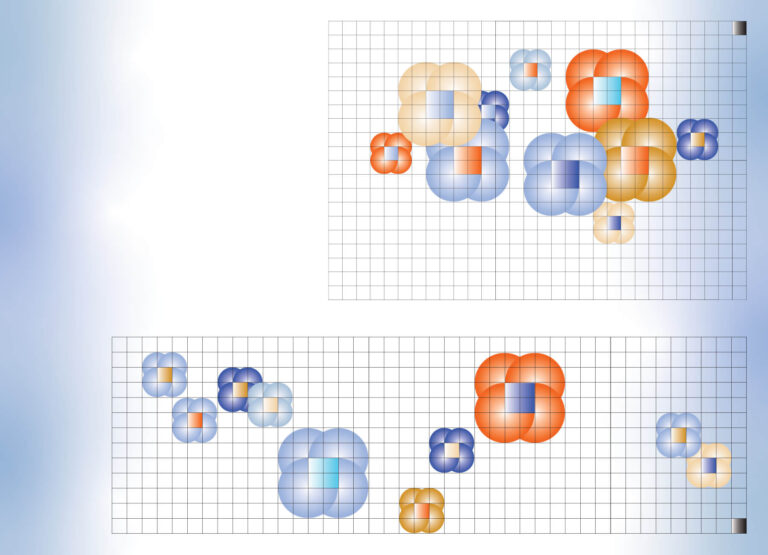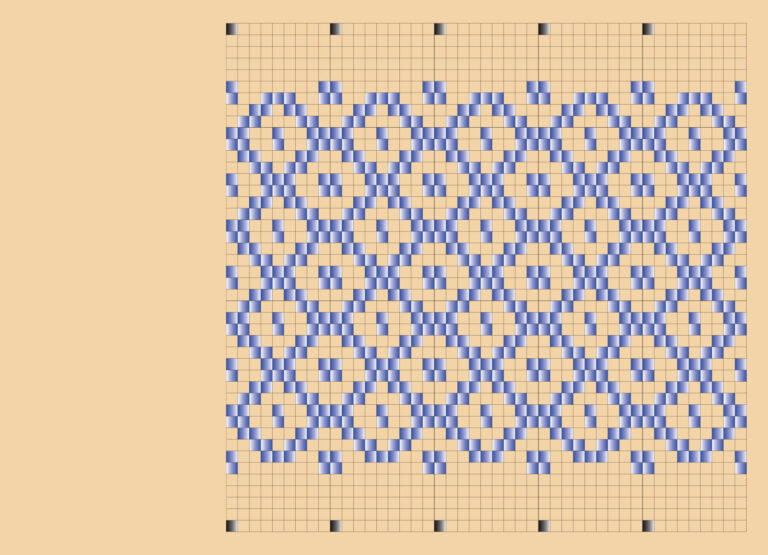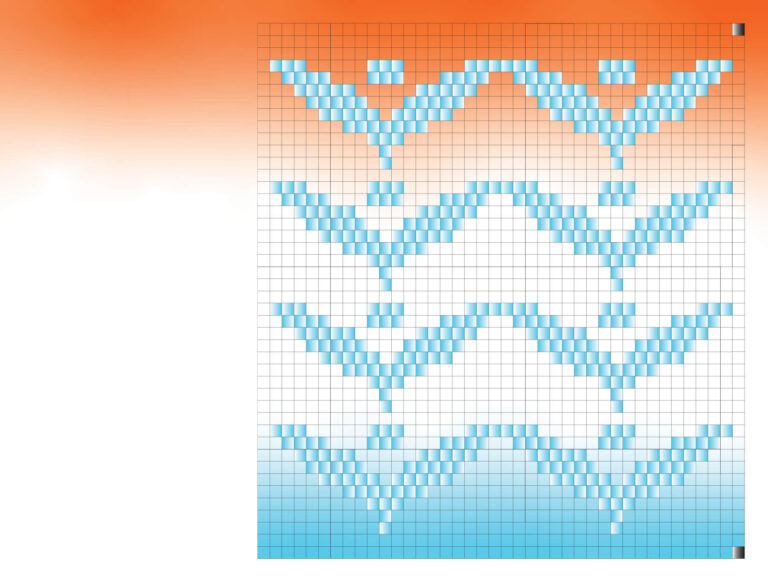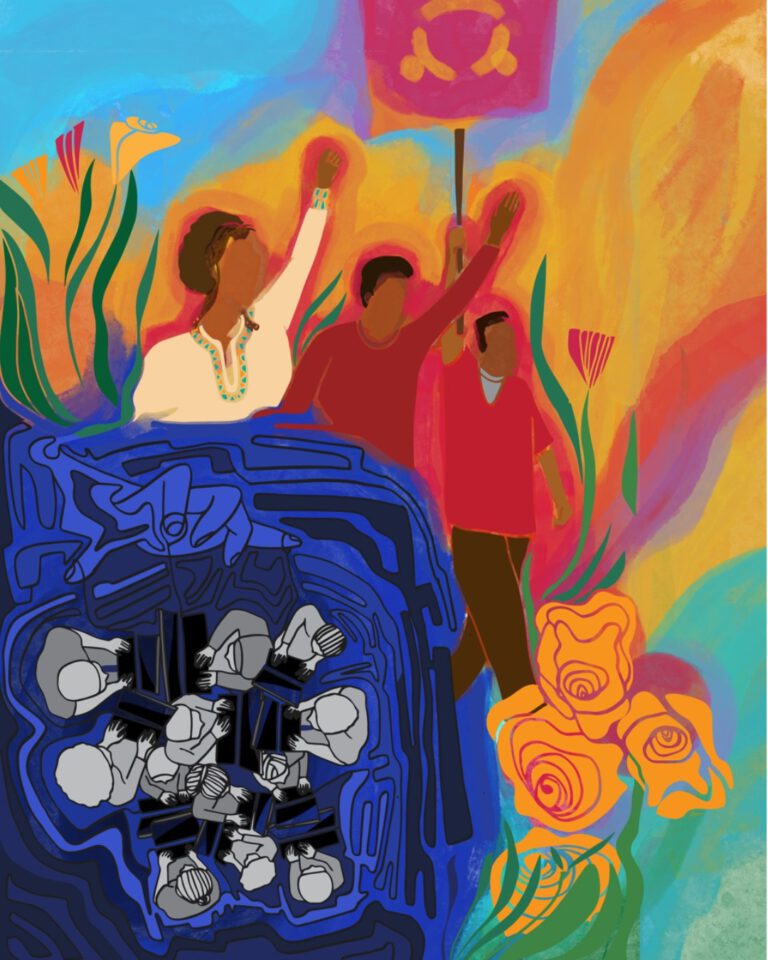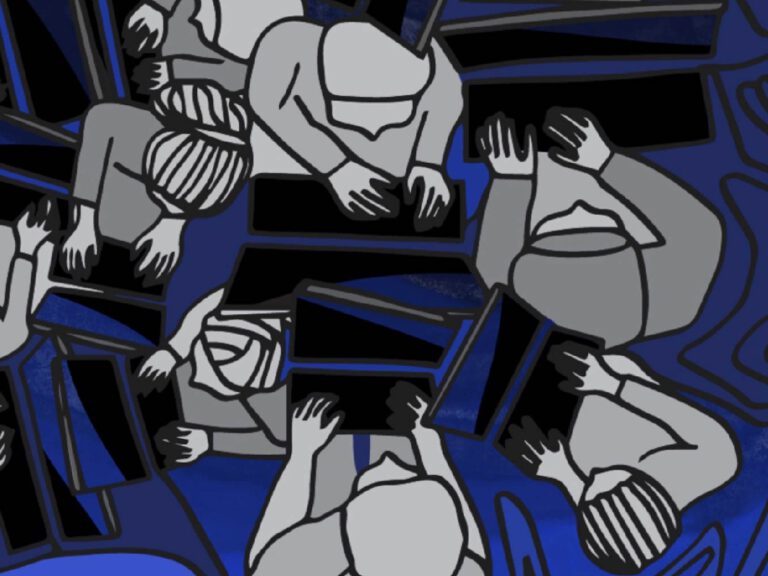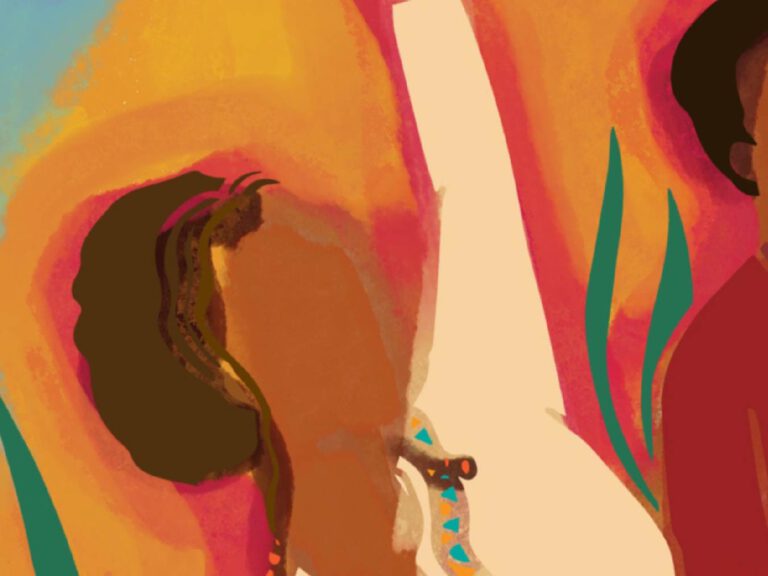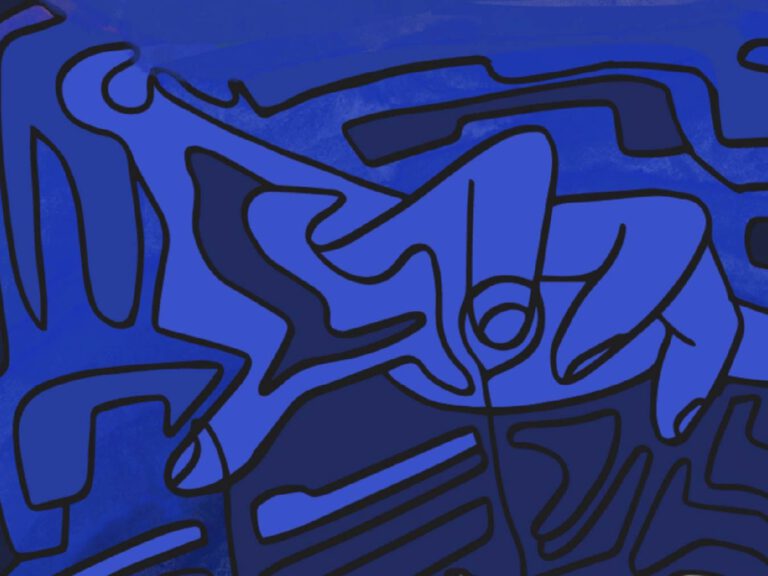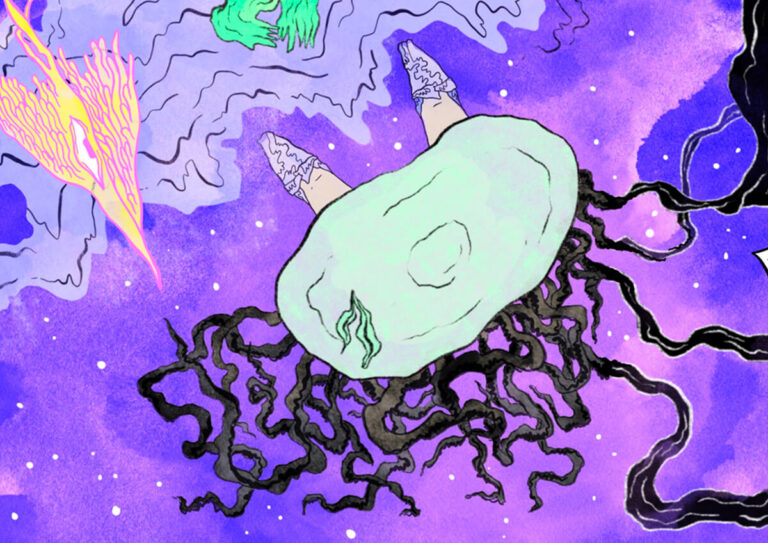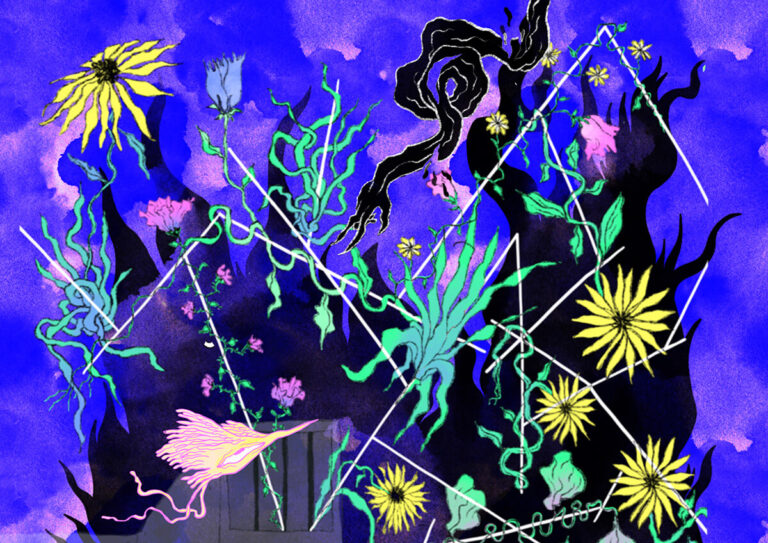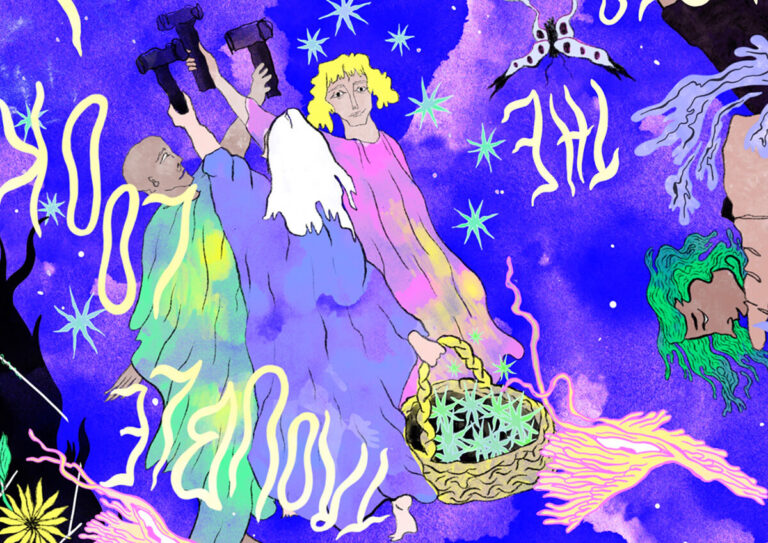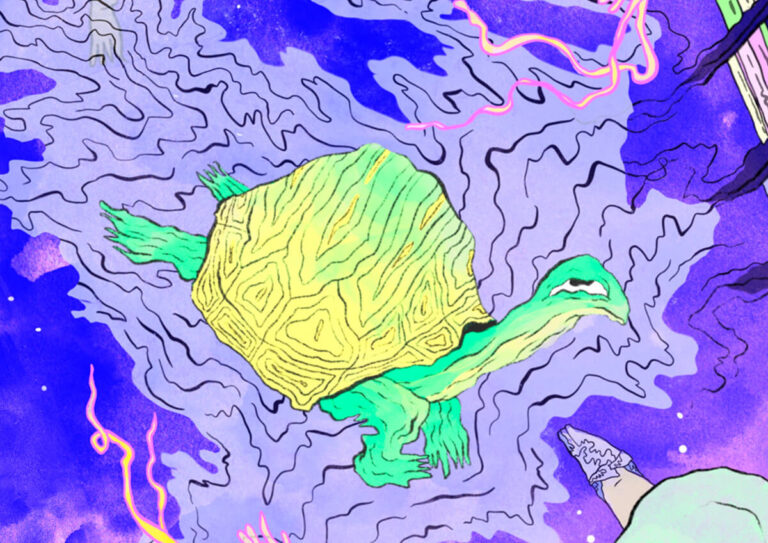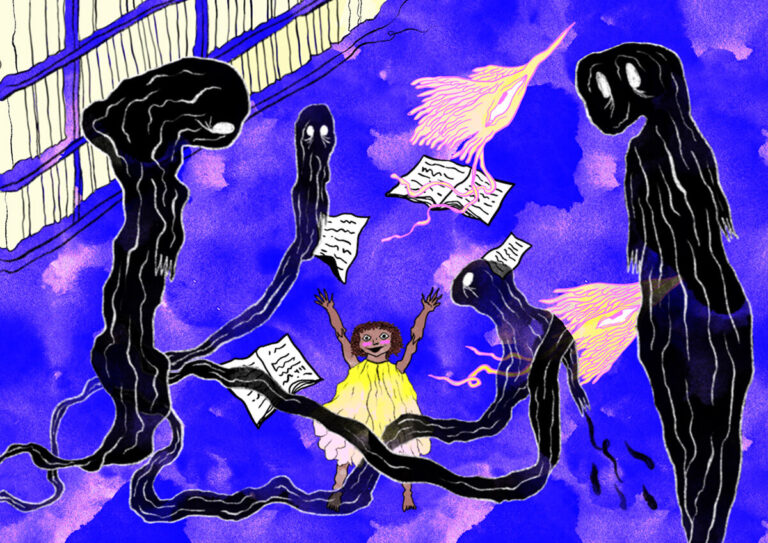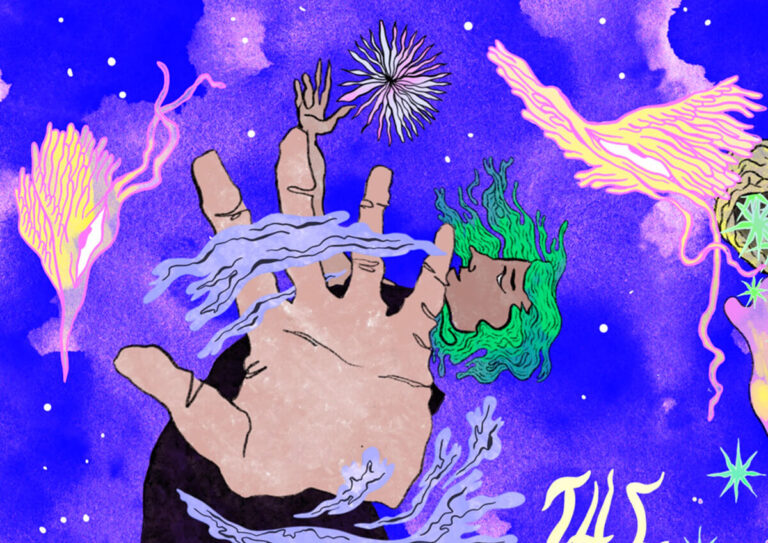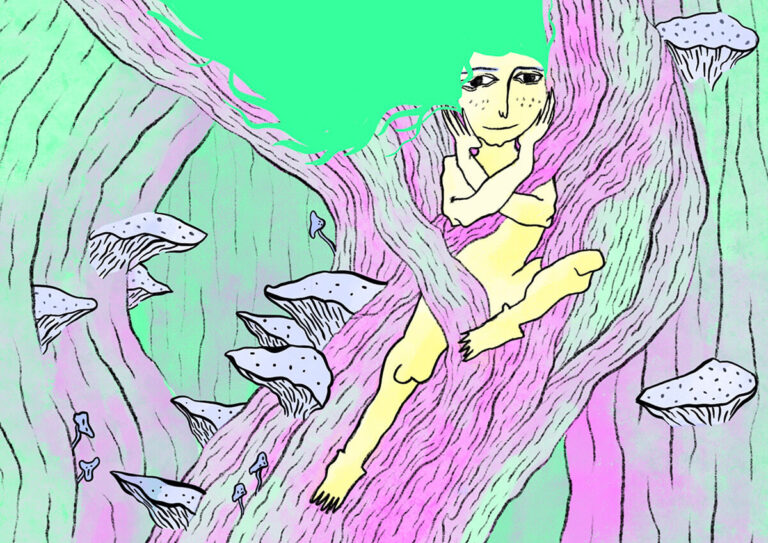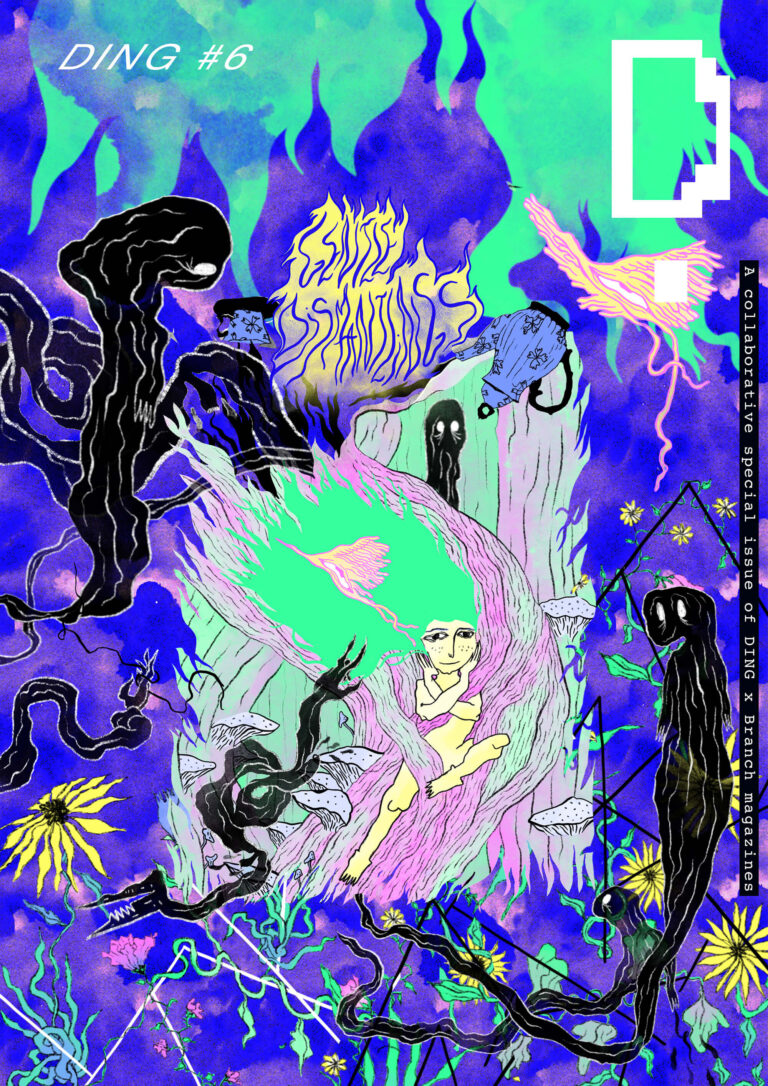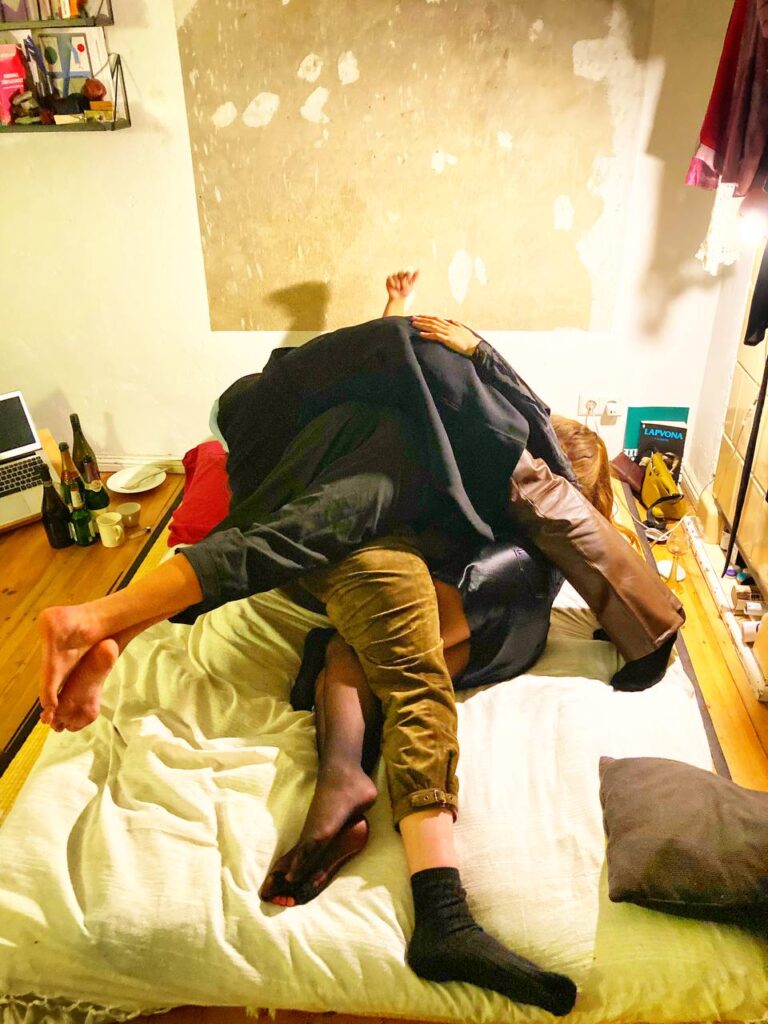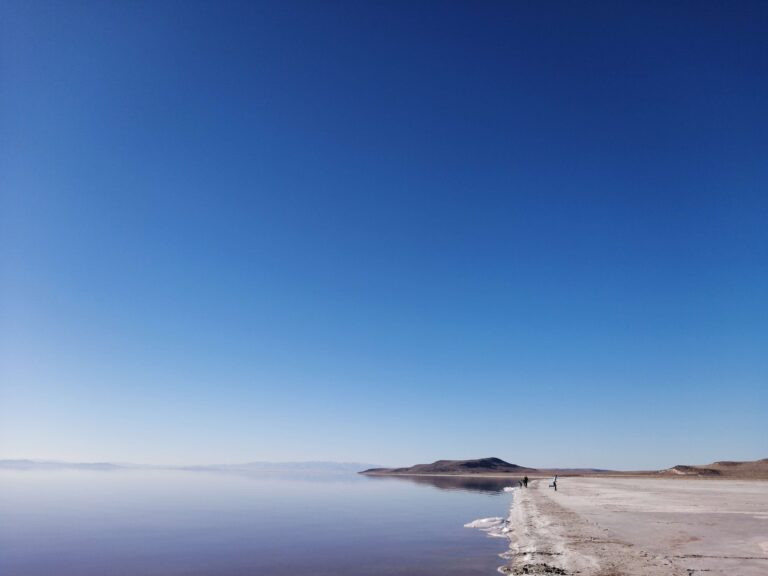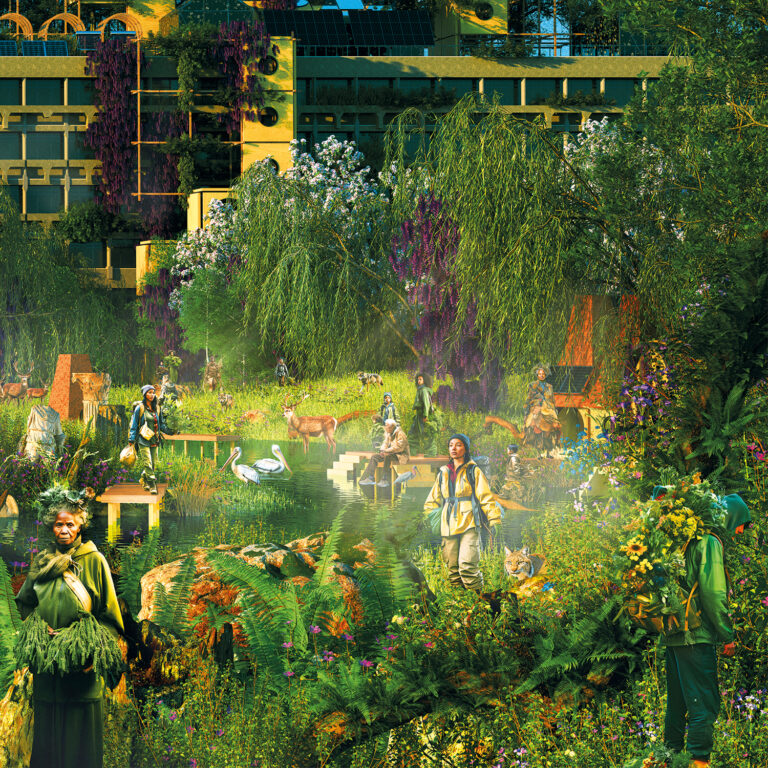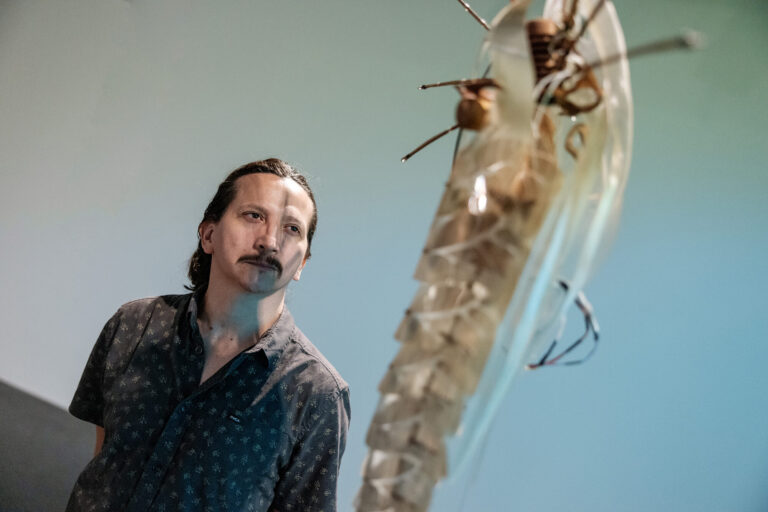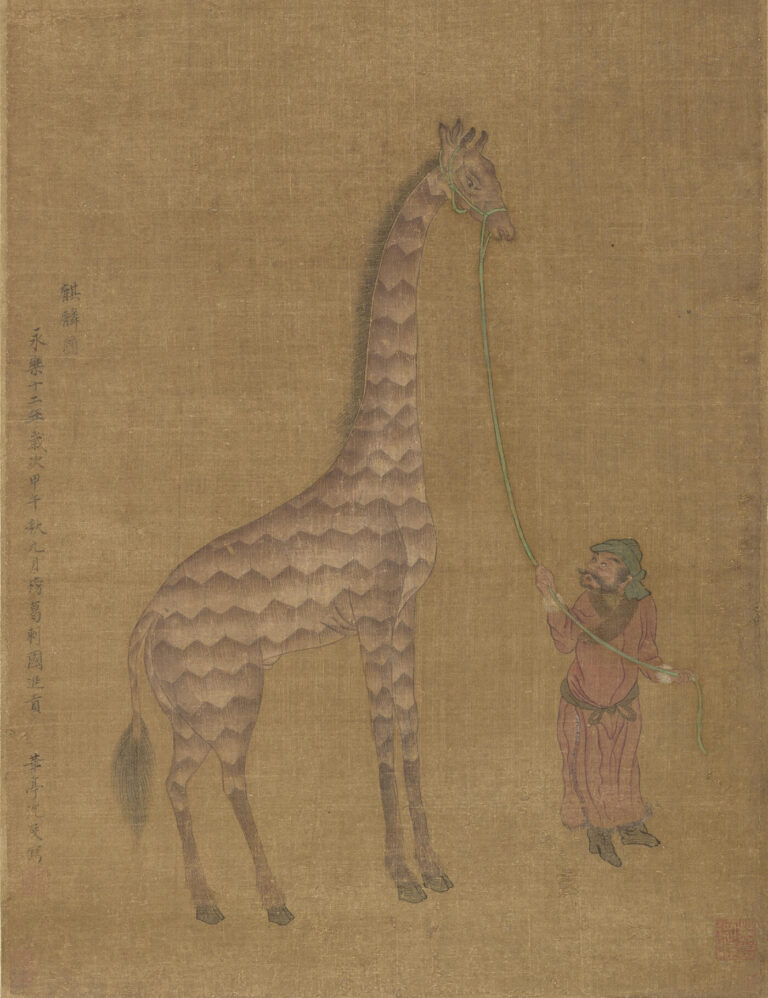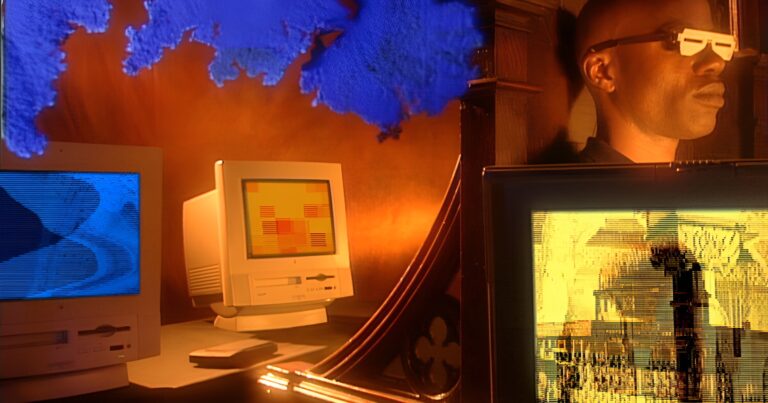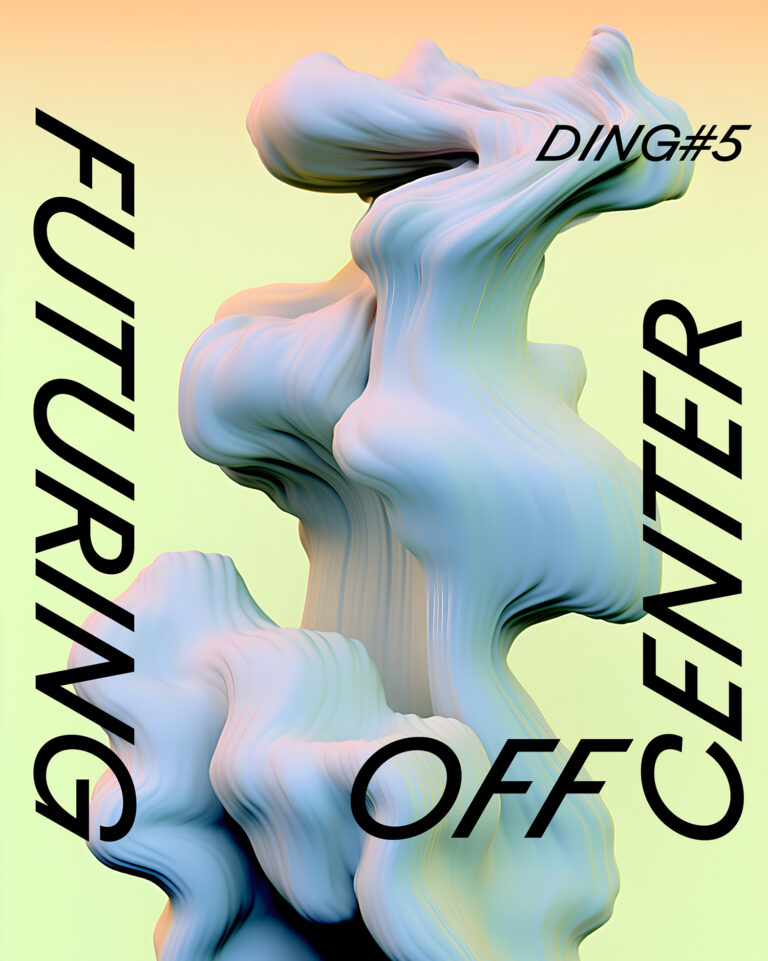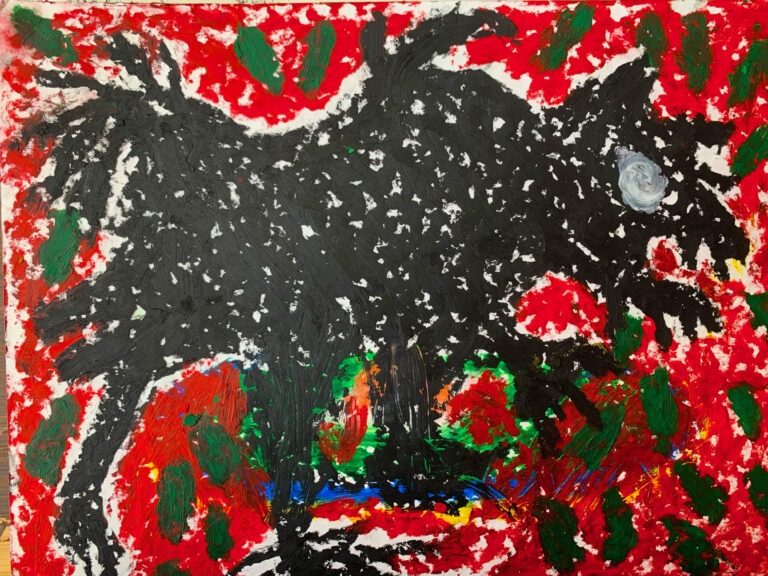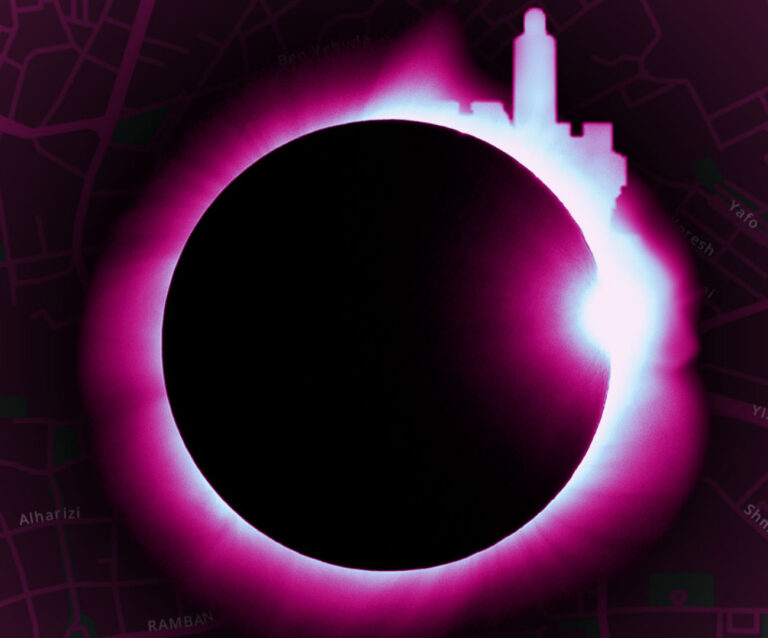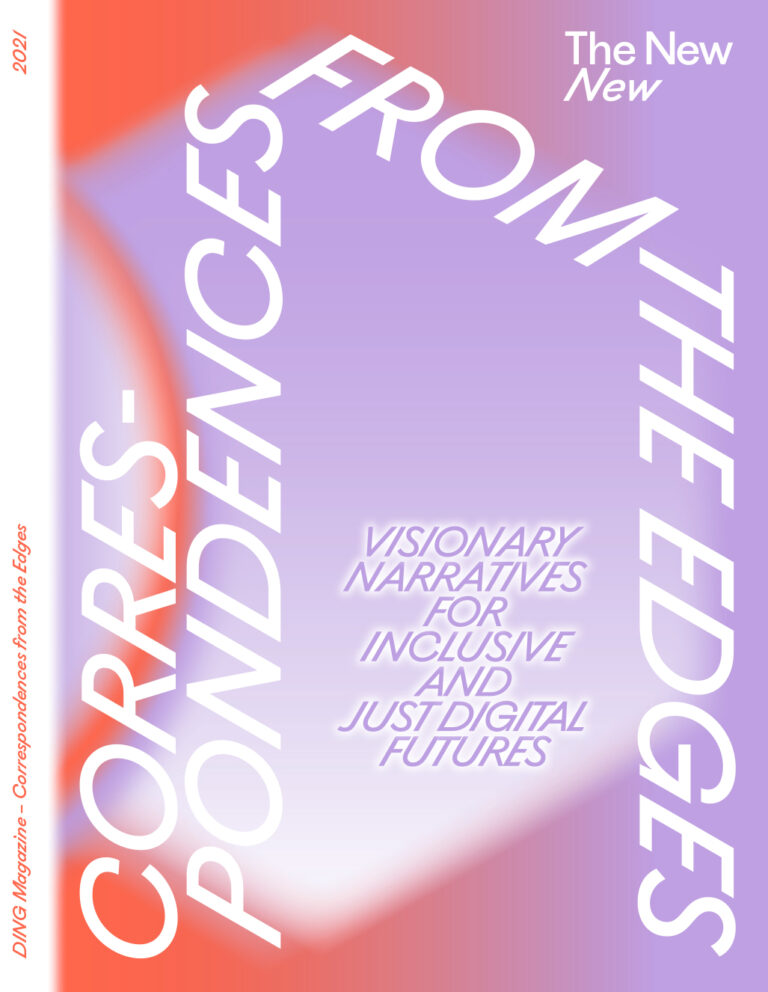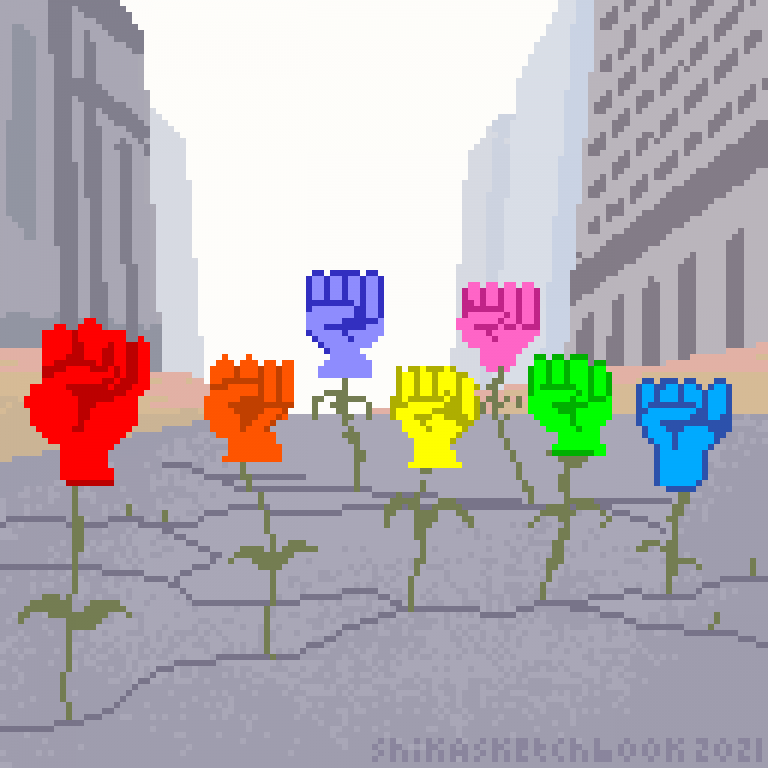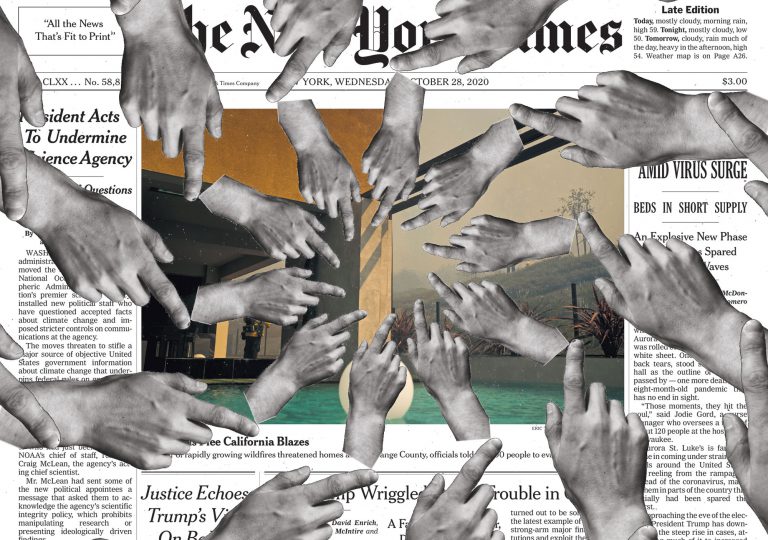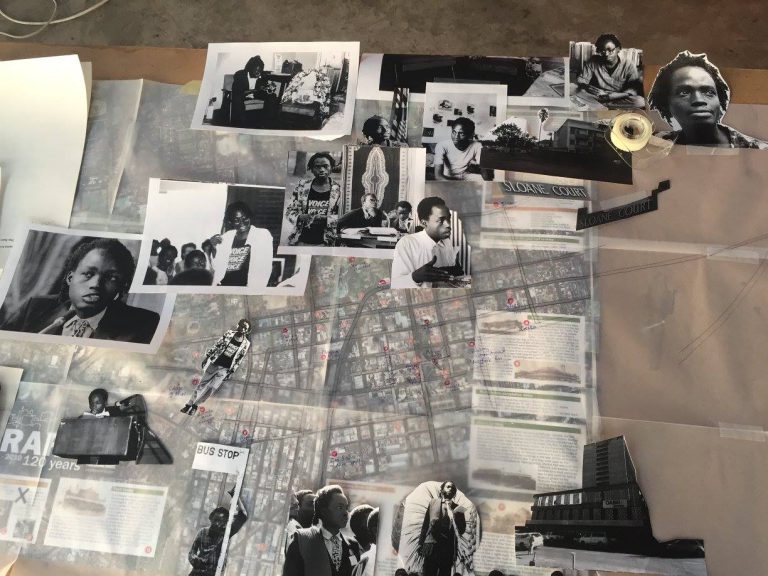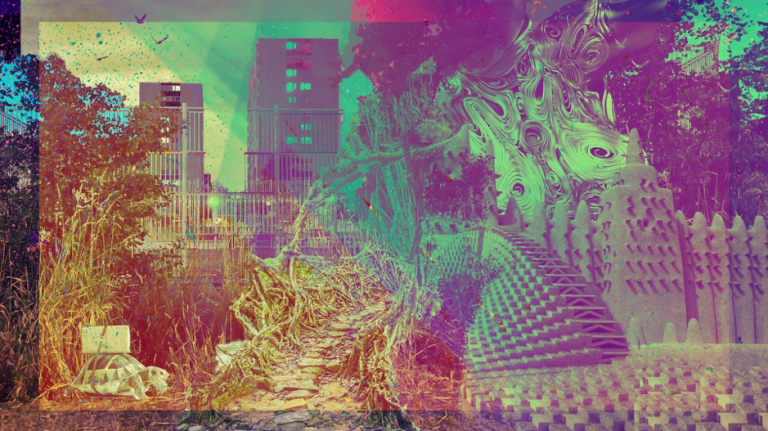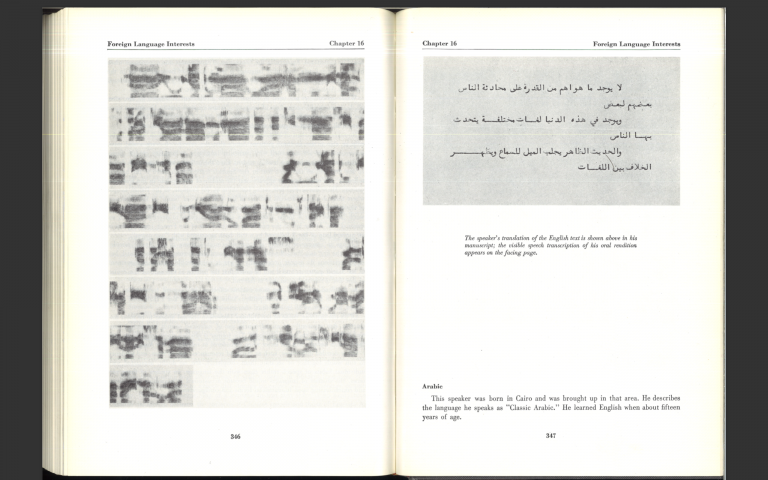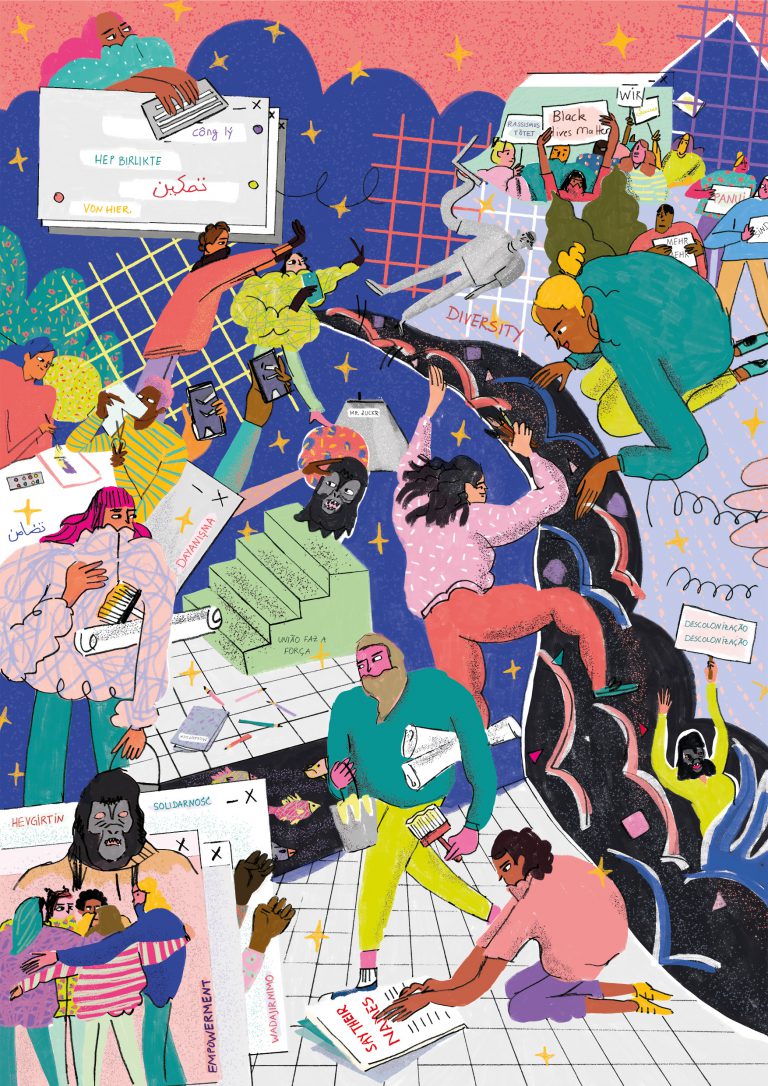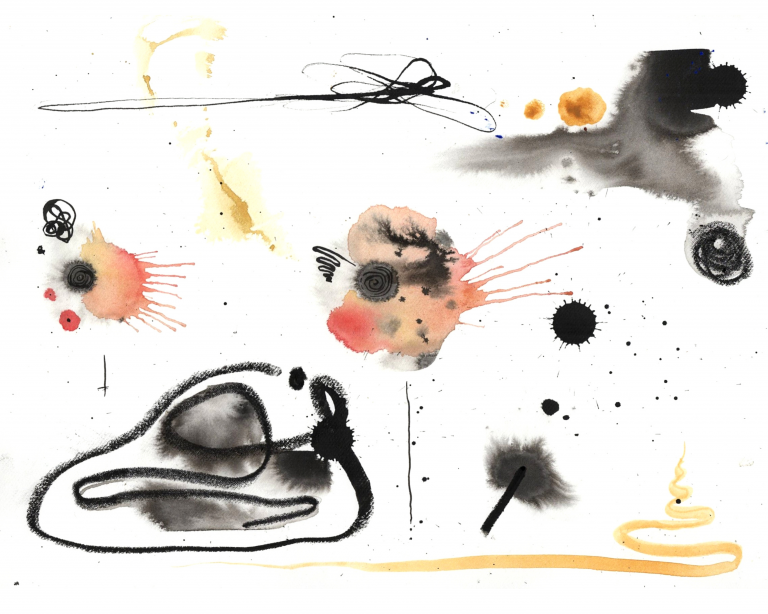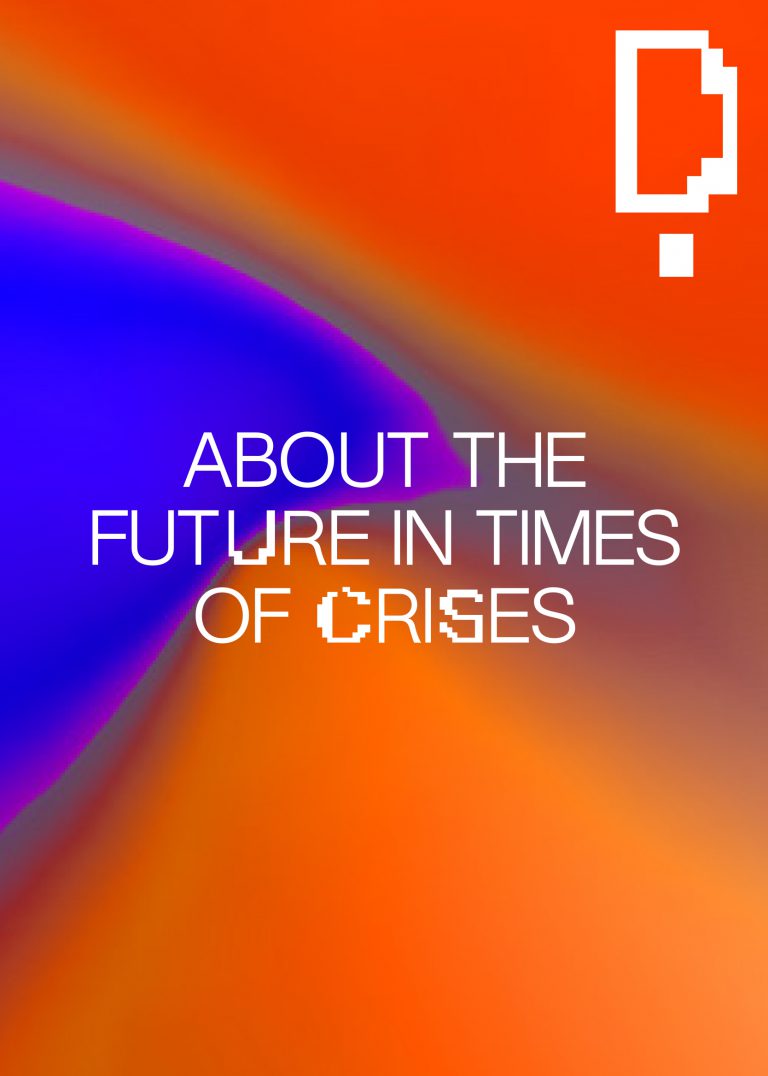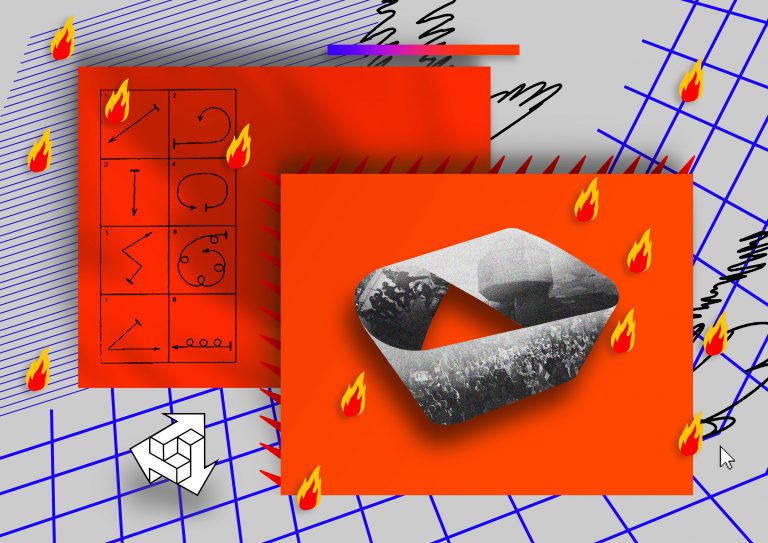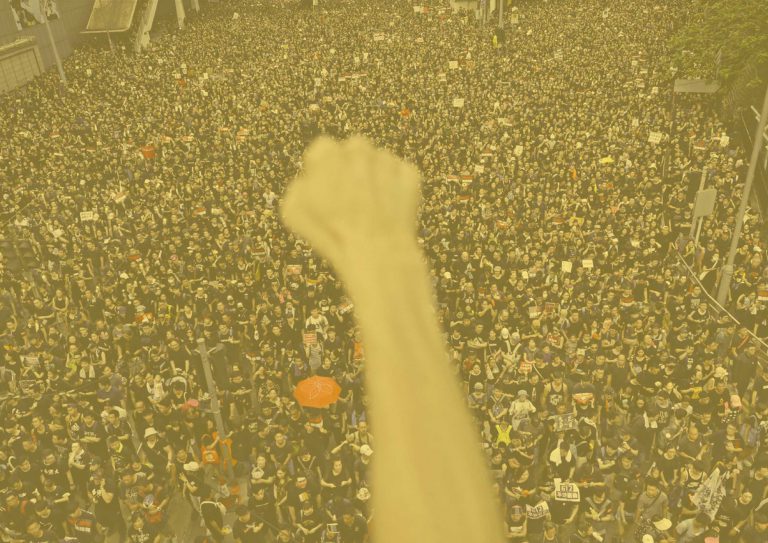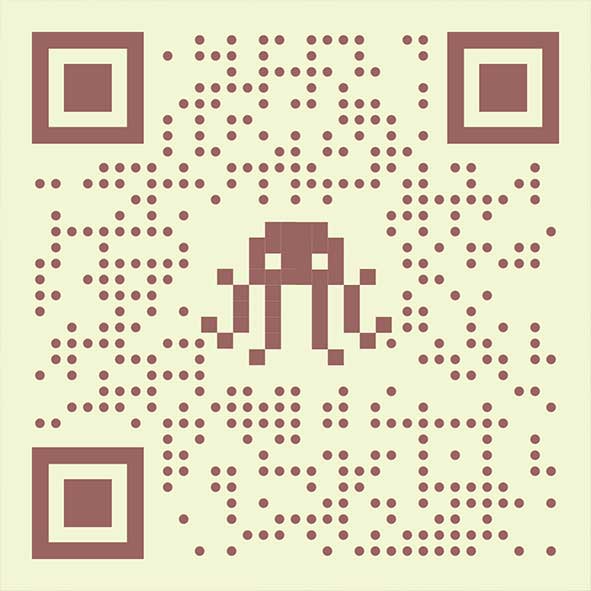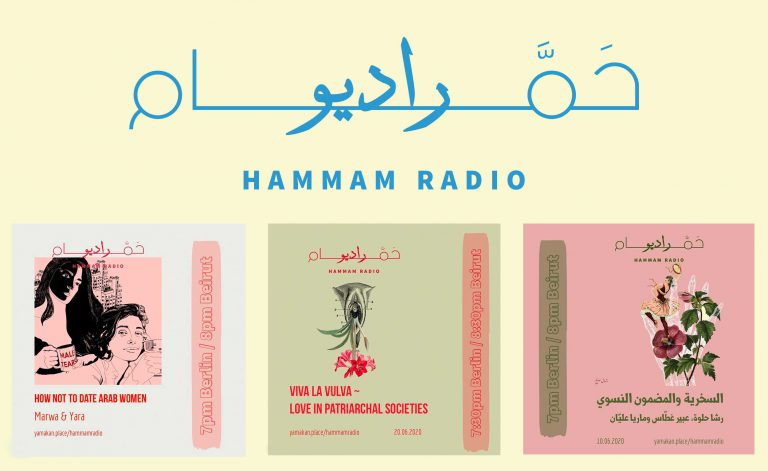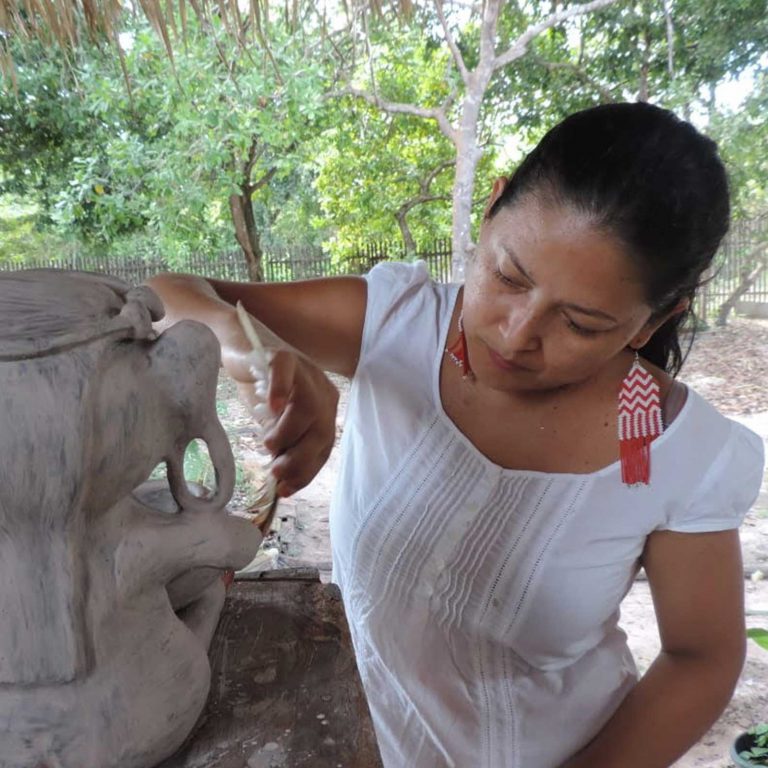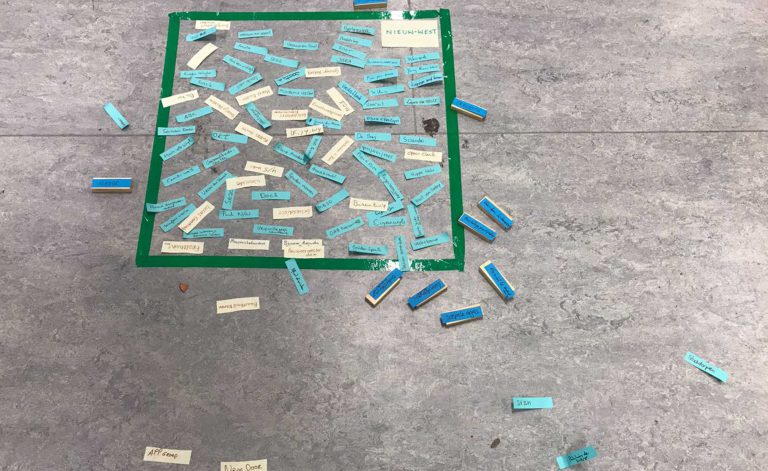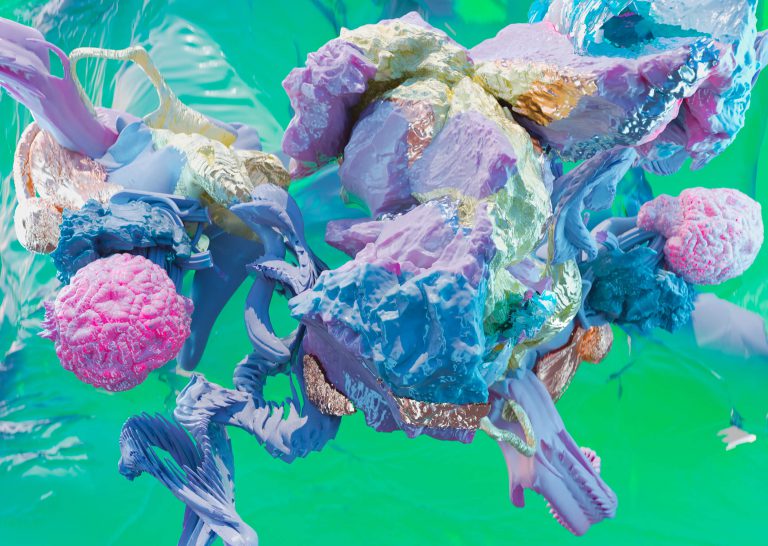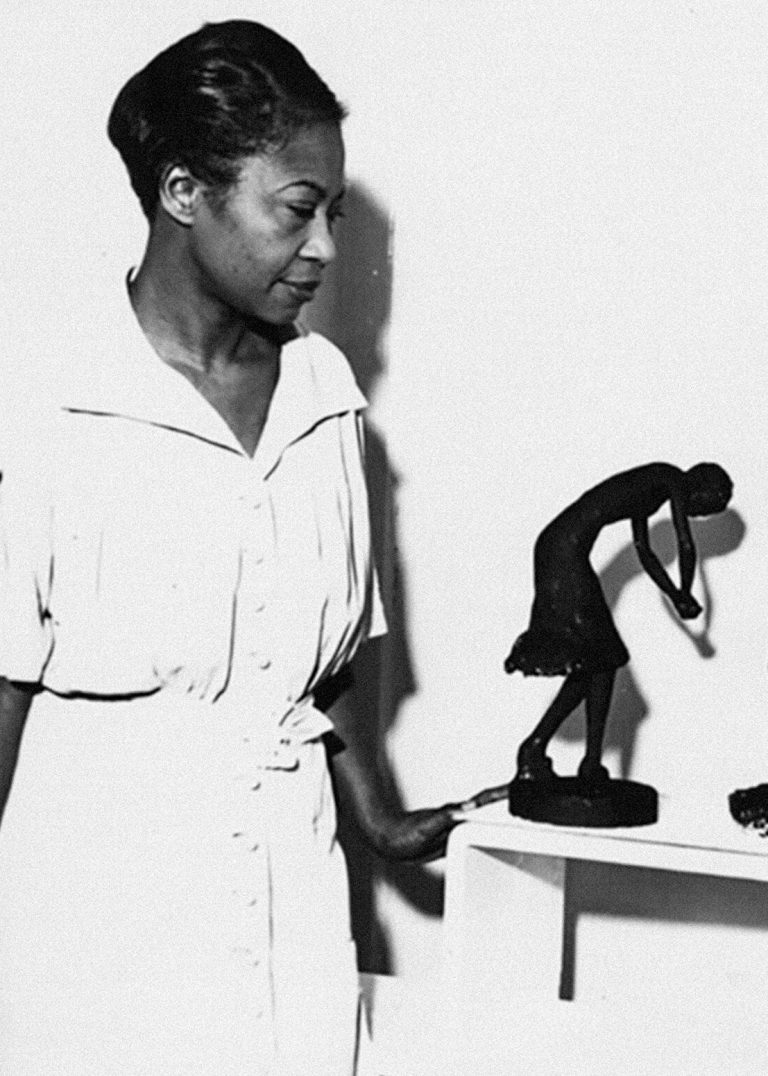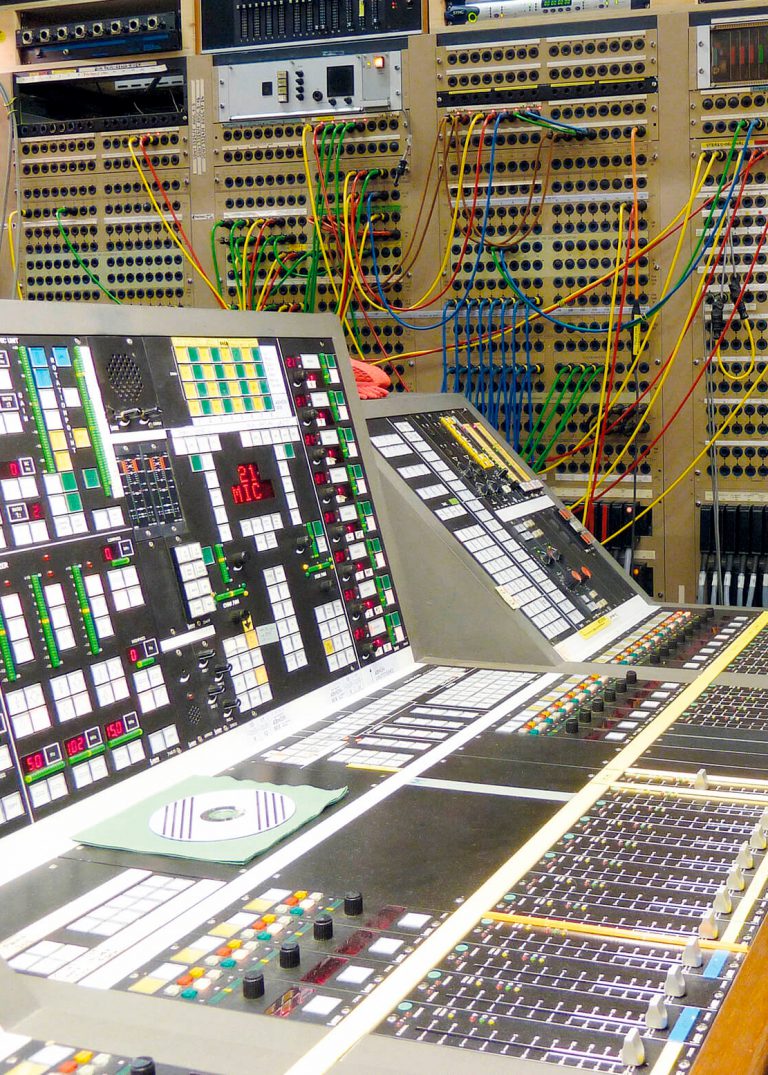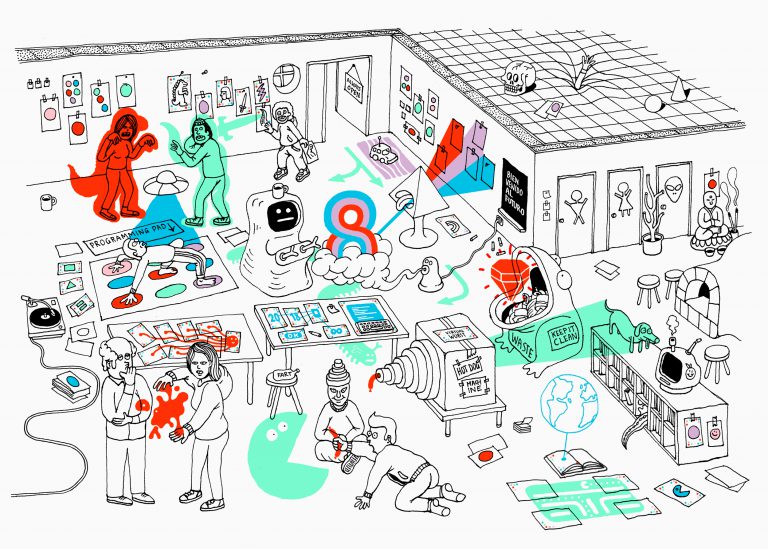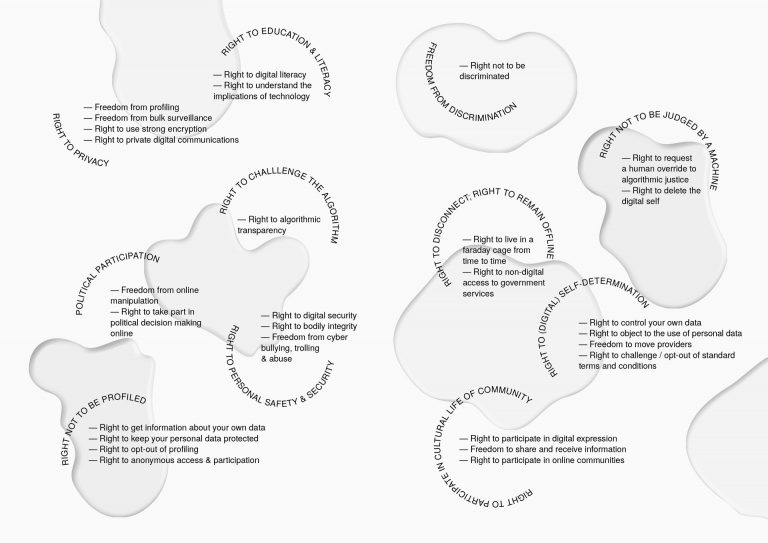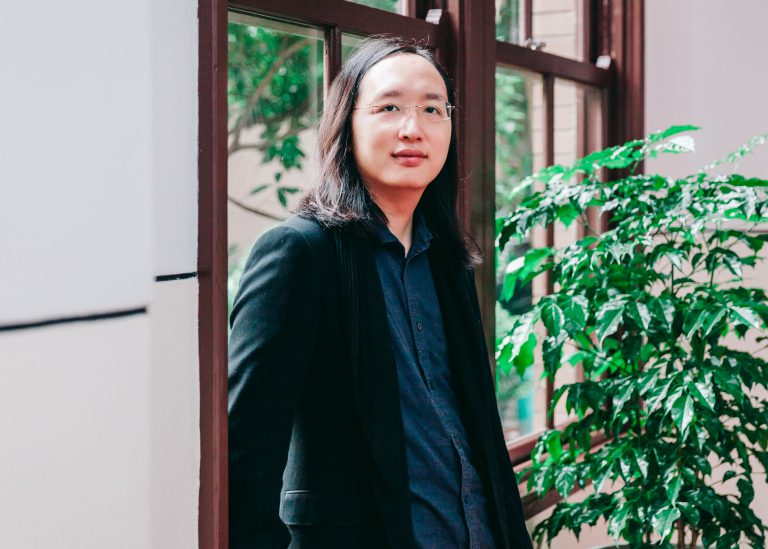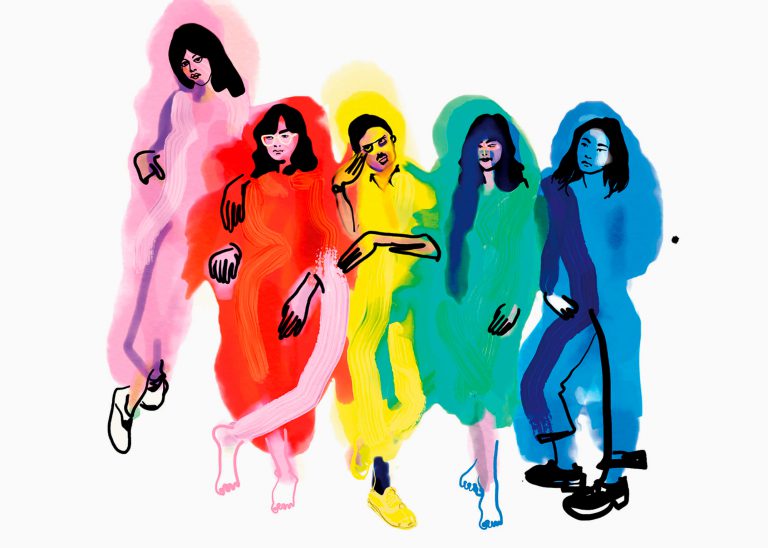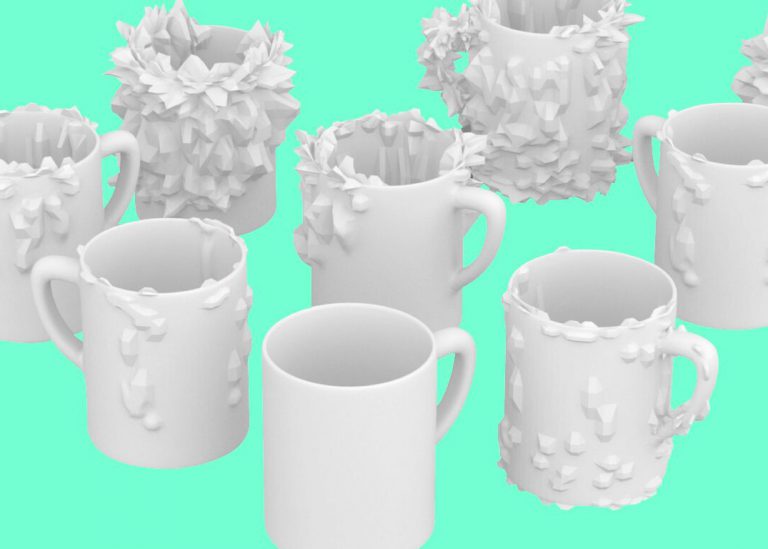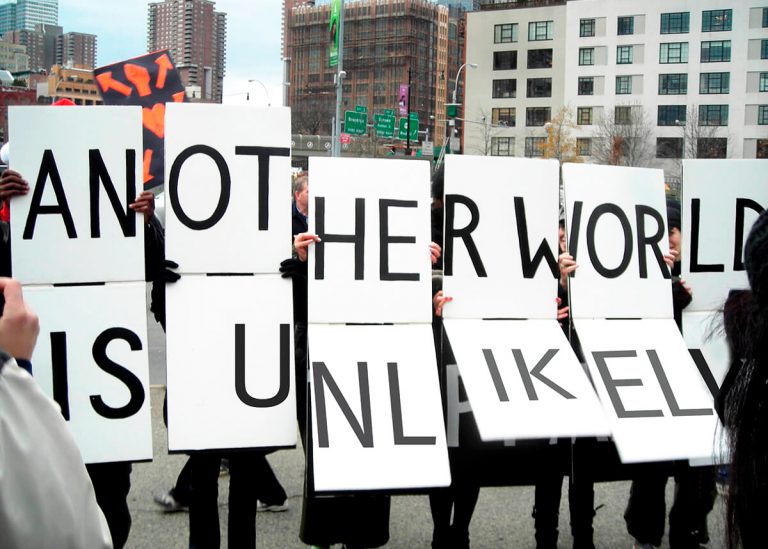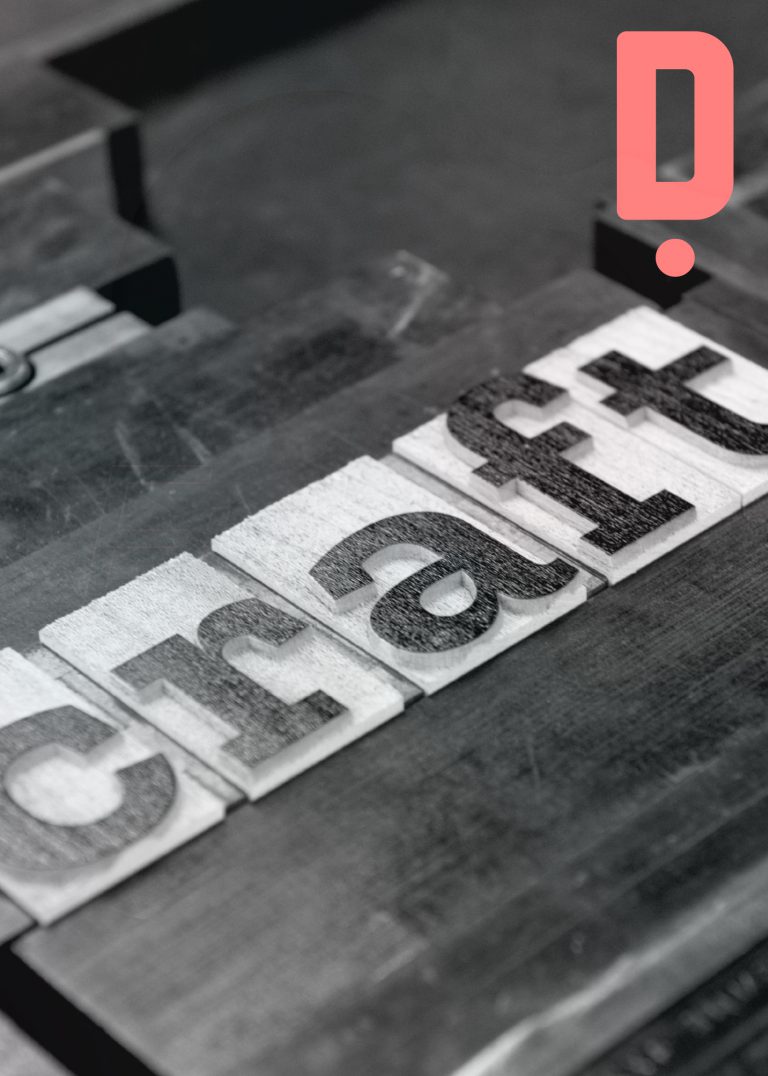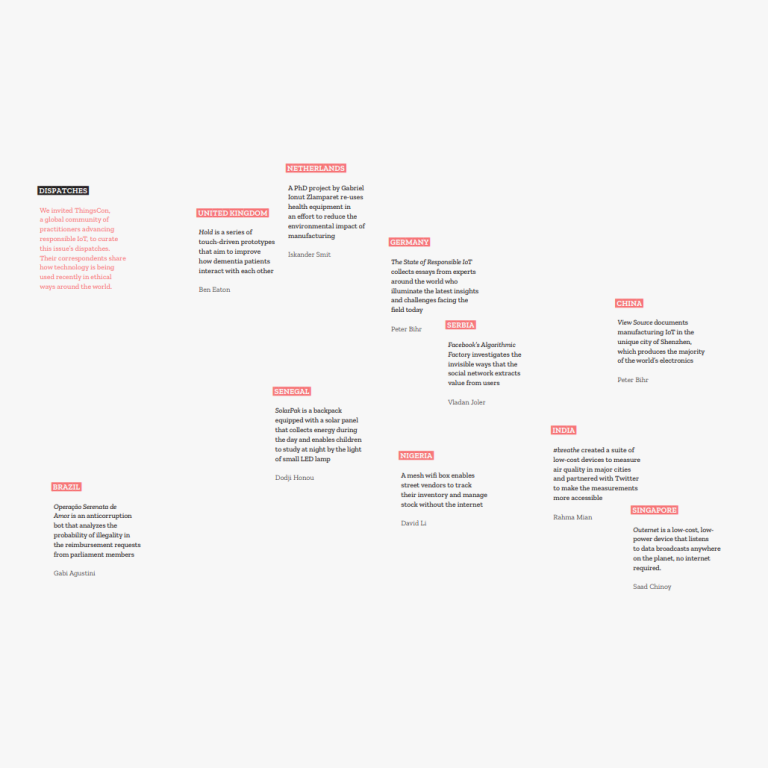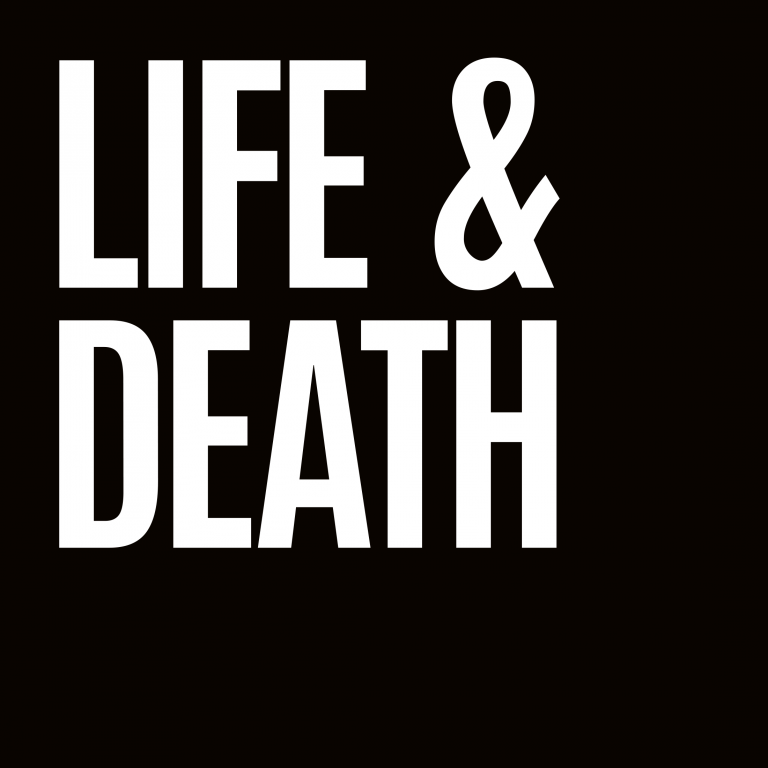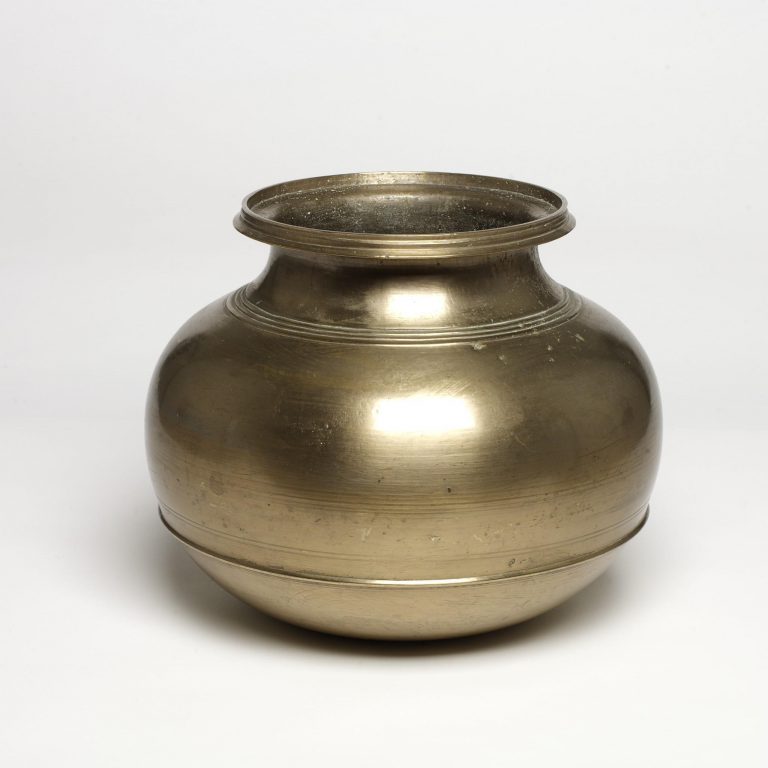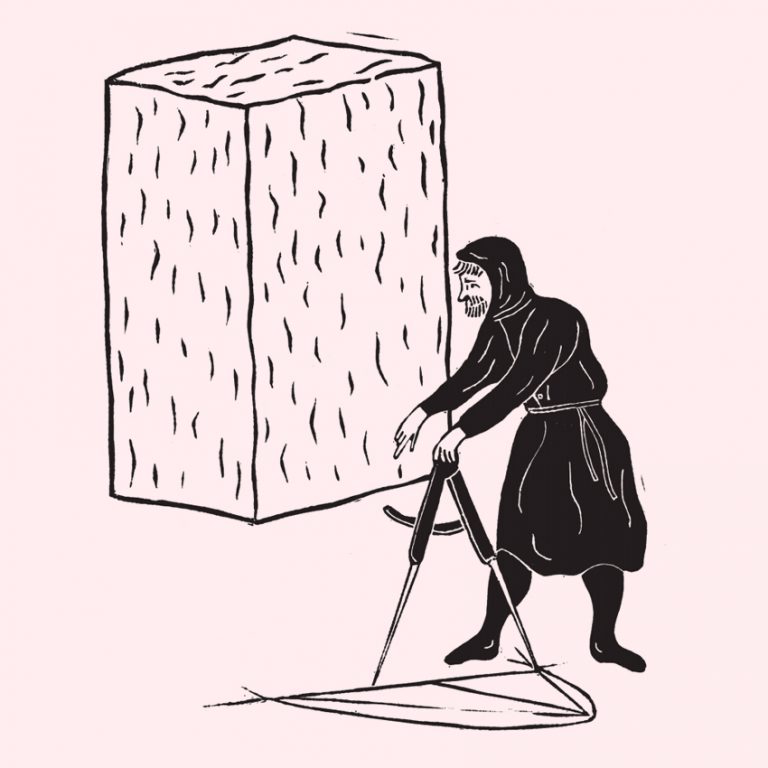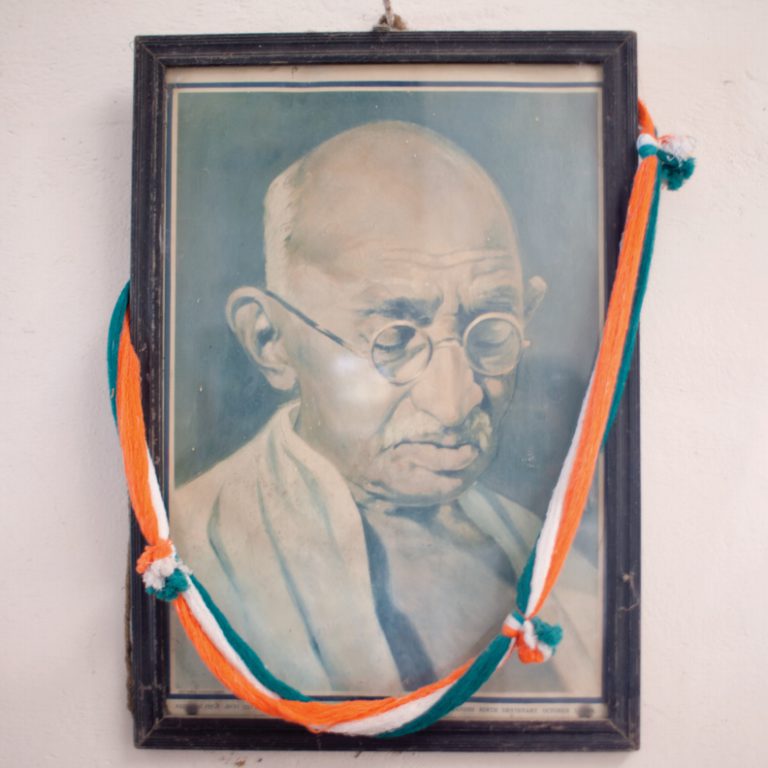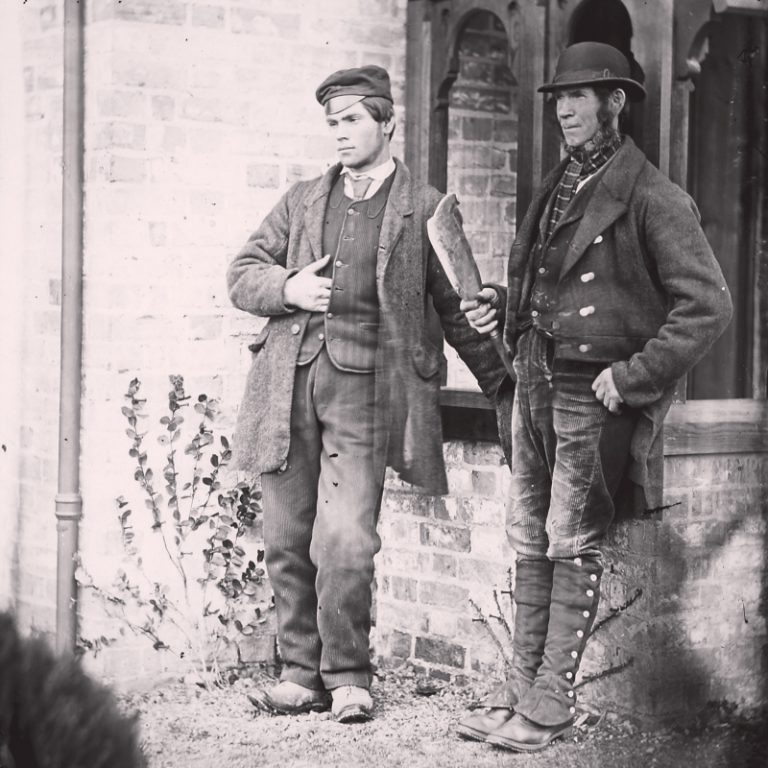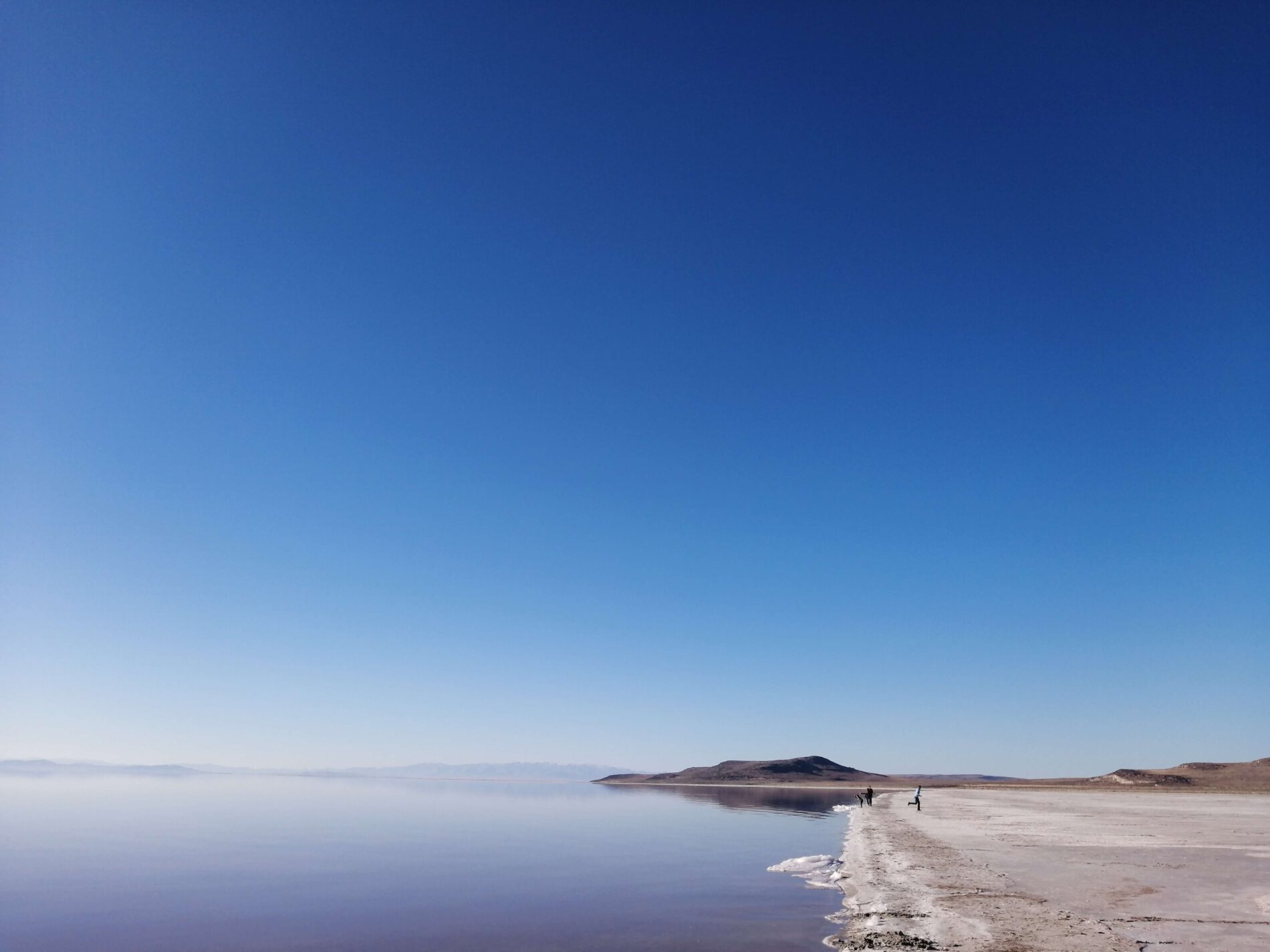
Definition
As a discipline, philosophy stands at the crossroads of human consciousness and the boundless expanse of reality; as a practice, it enables people to venture into the labyrinthine corridors of thought and journey beyond the known and the comprehensible. Philosophy enables people to delve deep inside themselves, and transcend confines and limitations to relentlessly probe the nature of reality. Often defined as the pursuit of wisdom, in its intricate tapestry, the process itself is the goal, the path is undefined, and the destination is perpetually elusive.
In the realm of futuring, philosophy’s open-ended nature becomes a valuable tool, allowing individuals to explore uncharted territories of thought, navigate the uncertainties of the future, and continually seek wisdom amid the ever-evolving landscape of possibilities.
Science, art, literature, and myriad other disciplines all contribute their threads to philosophy’s vibrant weave: the multifaceted nature of reality calls for an interdisciplinary approach that defies easy categorisaton. By providing fresh angles and novel insights, the very act of braiding together disparate fields enhances the quality of philosophical inquiry so that it mirrors the fluidity of reality and the diversity of human experience.
In this way too, philosophy resists confinement to conventional methodologies and standardised paths. While it has found its way into academic institutions and formal curricula, this institutionalisation is but a faint echo of its true essence. Philosophy is not a profession, but a way of life, a pulsating undercurrent that animates existence. It thrives beyond the walls of academia, in the conversations of the curious, the contemplations of the solitary thinker, and the musings of the artist.
Practice
To think philosophically is to embark on a voyage within, to navigate the mind’s inner landscapes with curiosity and courage. It is not a mere mental exercise but a profound exploration, a process of uncovering the layers that shroud the self and reality. This internal expedition entails breaking down barriers and challenging preconceived notions. It is a dialectical dance with limits, which questions the very concept of boundaries, whether pertaining to thought, identity, or essence. By reflecting upon limits, philosophy dismantles them, opening up new vistas of understanding.
Yet, as the choice of choreographic metaphor suggests, as an endeavour, philosophy cannot be confined to the intellect alone. It necessitates holistic engagement with all aspects of existence, involving the body, the senses, the physical world. It requires physicality, creativity, and interaction. By employing the entire spectrum of human experience, philosophy integrates many fields of knowledge, and so gains a richer palette for the expression of its inquiries.
To begin your own philosophical exploration, consider starting with a simple yet profound question that resonates with your curiosity. For instance, What is the nature of consciousness?, and What experiments can you invent to explore its nature through all your senses? These and other open-ended inquiries can serve as your entry points into the world of philosophy.
Since philosophy is the art of living in the question, embracing the uncertainty surrounding existence, its intent is not to be found in definitive answers but in the process of exploration itself. It is not a quest, but an invitation. Since the questions themselves expand and evolve, the search for understanding never concludes, reflecting the ceaseless transformations of reality and the self. The voyage of philosophy spans a lifetime; it is a journey without an arrival.
Philosophy for futuring
The goal and purpose of philosophy is to transcend conventional definitions. In this way, philosophical thought is an essential tool for the activity of futuring, whether or not it is consciously recognised as such. To think philosophically is to venture into the unknown, to traverse the boundaries of thought, identity, and essence, seeking insight over resolution. Its use for futuring work resides in its essence – in how it spurns predetermined outcomes in favour of the transformative process itself. It is a symphony of thought, a mosaic of human understanding, and a testament to the ceaseless human pursuit of wisdom.
